China, A Land of Faces
Having returned from 4 weeks backpacking China with a thousand photographs, a large Moleskine filled with a multitude of entries and anecdotes, the story of it all is only now being synthesized by my brain. I’ve attempted to put the pieces together before, but could never quite get my arms around them. No amount of effort could pull them together into something cohesive. Upon my return I swore I felt nothing. Exhaustion, jet lag, the weariness of the wear and tear of hard travel in a hard land, combined to send a perfectly targeted trajectory of flack to my brain, effectively deflecting the depth of impact upon my spirit this journey had made.
In truth I felt so much, so strongly, I was paralyzed by it. Until now. Until friends and family started asking me if I was going to ever share my experience. Yes, is the answer. Beginning with this post, I’ll be continuously documenting the trip until I’ve got it all out.
I’ll start by sharing mostly photographs, easing into more of what I’ve written as we go along.
Doug Henderson, a renowned commercial photographer/graphic designer, instructed my first Photoshop course. His photography wrings emotion from my soul and we happen to share a similar view of photographing people. His perspective is eloquent, so I lifted it — hope he doesn’t mind. “I think the average person is beautiful. I don’t see any reason to comb a little kids hair or tell them to smile. I see no reason to try to make an old person look young again, or to make a working man look like an executive.” If I ever decide to be photographed, he’ll be the person I ask.
In my own words, I find faces moving.

Uigher Girl. Taken while we gathered in her parent's yurt on the Pakistan border for Yak Dung Bread and Yak Milk Chai Tea. Xinjiang Province.
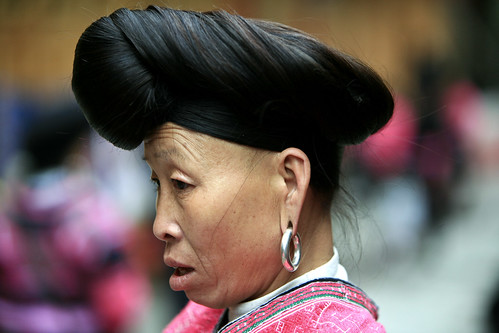
In a village called Huangluo, (not far from Guilin in the Guangxi Zhuang Autonomous Region), for those of the Yao Nationality, long hair is a local tradition. All the Hongyao women can only cut their hair at 16 years old, symbolizing the fact she is an adult who can look for a lover. The hair cut off should not be thrown away, but is rather kept by the grandmother.When the woman marries, the hair is made into an ornamental headdress and brought to the husband’s home as a souvenir.
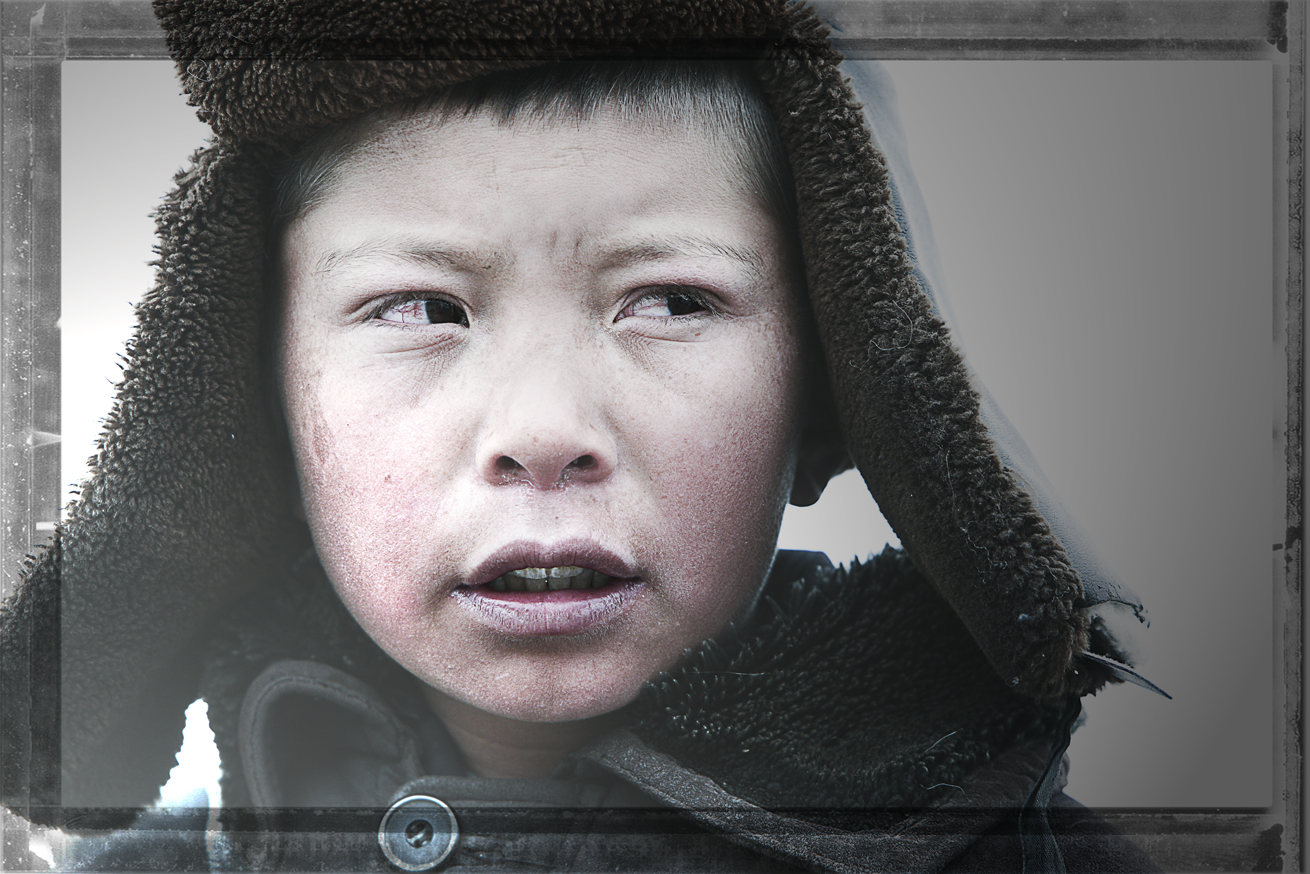
This boy captured my fancy. You'll see more photos of him. His face and demeanor was of a shy sweetness of heart, hardened by the environment. He had all the vitality of youth but eyes that betrayed his age. Uigher, Xinjiang Province.
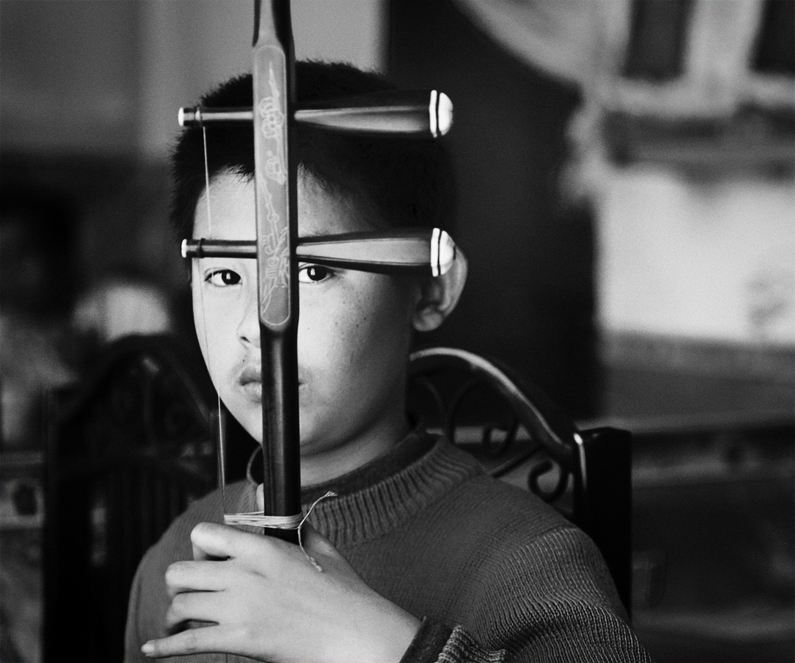
We were the first Americans the proprietor had seen. His son came in from school and he asked him to play while we ate. The boy graciously agreed. The instrument is an Er Hu (thank you son for recalling that). Gansu Province.
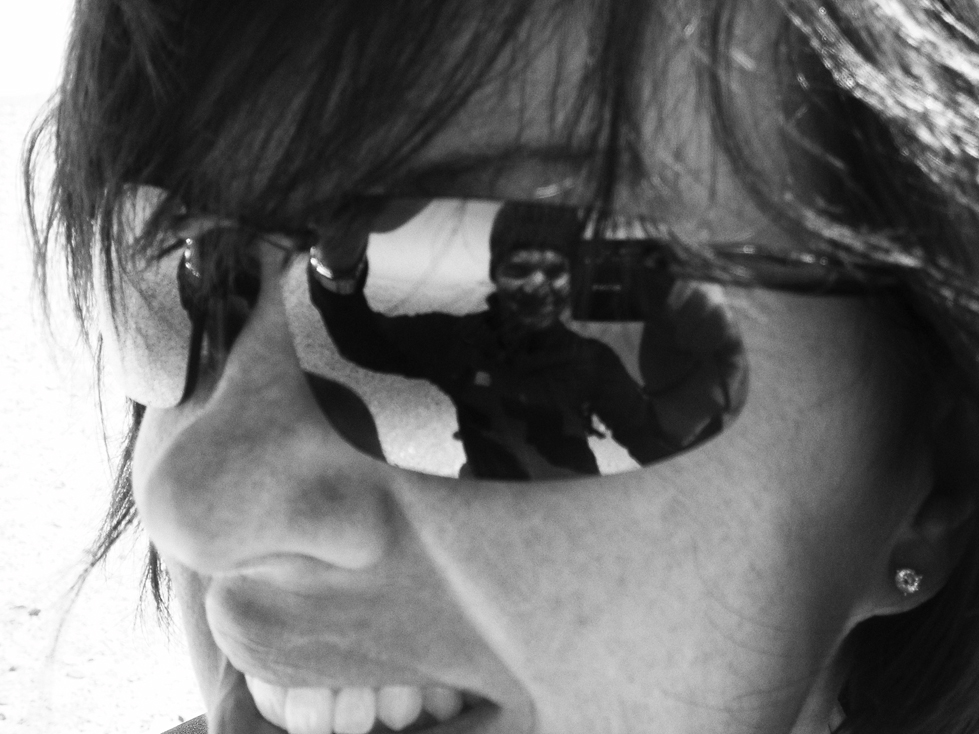
Not all faces are human (Leshan Buddha) but all faces in a foreign land are foreign. Including our own.
Backpacking China — 4 weeks of Tan Suo
I’d always imagined I’d see Morocco, or base camp at Mt. Everest way before I got down the list to China. That list of 100 things to see I compiled years ago has been veered from like a blown out tire at 90 mph. When the list was created I couldn’t have factored in my only child, a son, would inherit the adventure bug that’d been held captive on my maternal side of the family for generations. I say held captive as no one, even me until recently, has had the pieces of their life fall together such that they were able to do anything about it. Children and husbands, and crops and cattle and well, eating, have taken precedence. Other than seeing the world as a gypsy (my mother was close), exploration has just not been feasible. Nor could I have known I would indulge this child with the opportunities to once and for all put that ache to rest. Indulge is a tricky word here. And so is rest. Let’s start with indulge. If you can call instilling in him (over and over and over ad nauseum) the need to have children later in life so he could explore the world, putting him on a plane for some destination with the last money in my checking account (there was no savings account), and spending many an hour talking about Morocco, then you can say I indulged him. And that word, rest. Putting that exploration bug to rest has entailed everything BUT.
Actually China wasn’t even on the list. But the adventurous son upon graduation from OU, decided to pursue his fledgling Mandarin. In China. So when the opportunity arose for him to take a month off from school and my schedule became such that a month was possible as well for me, we began to plan. Bigger backpacks were purchased. Squatter toilet techniques were reviewed. Immunizations. Visa. Maps, maps, and more maps. We nixed all the big cities. If I’m going to see something, I want to SEE something.
Something is not the interior of a city hotel where everyone speaks English and really, you could close your eyes and sense you were in any city of the U.S. No. What’s the point? I’m still young enough (recall the ad nauseum part? the women in my family have all been teenage mothers, including myself) to want to experience the places I go. That means hiking as opposed to a tour van, being exposed to uncomfortable physical conditions and intermingling with the population. I figure I can go back someday when I’m too old for REAL exploration and see Beijing, Shanghai, HongKong. And when I get really, really, really old, I’ll shop. Until then, exploration means occasionally being dirty, tired, and hungry, and some amazing captures on “film”.

For this trip, my son asked if I'd be willing to blend in a bit more. No one believed I'd do it. Well who can resist a huge dare? A lifetime of long, blonde locks were carried away by a broom and replaced with a dark brown color. My son didn't recognize me at the Beijing airport!
The Wild West of China
This ain’t Beijing. It’s on the opposite side of the country, as far away as you can get from the major Chinese travel destinations. And if you managed to get here (a feat my friend), without knowing where you were headed you wouldn’t recognize it, or anyone living here, as being associated with China.
Machine guns and outdated airport equipment were in our face as we timidly looked around the tiny Kashgar (Kashi) airport in XinJiang Province. Not far from Afghanistan or Pakistan, the security was tight. In the Urumqui airport they’d flagged my backpack and after removing every single item comprising its 50+ lbs., determined the X-ray machine had not liked the looks of my water filter. The carbon filter looked menacing I suppose. Got to keep the water filter, but not before lots of time was lost trying to explain what a water filter is. My son’s fluency in Mandarin was not completely useless, just almost (they speak Uigher here). I didn’t want to look anyone in the eye for fear Urumqi had called ahead regarding the water filter incident. They hadn’t.
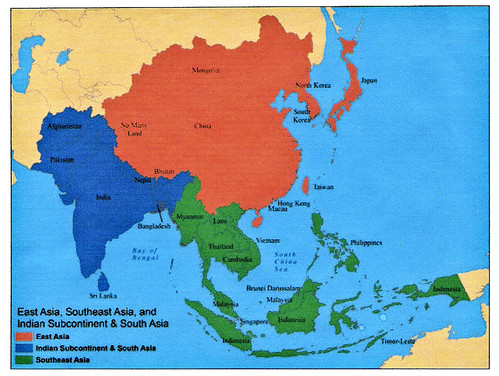
We spent about half of our 4 weeks in China in the West. It is still marked as a No Man's Land on a few maps.
We embarked from the airport into a land that time has forgotten. Kashgar is a time warp that could just as easily have been the set of a Star Trek or Twilight Zone. It was indeed just as exciting as stepping through that portal opening. The Han Chinese are minorities here. Uigher is the language. The people (Uighers, Tajiks, Krygyzs, and Uzbeks) seemed the happiest and were indisputably the kindest we encountered during 5 weeks touring the backcountry of China.
The West of China, specifically the provinces of XinJiang and Gansu, had beckoned to me when my son and I planned the month long backpacking excursion, just as the Western United States has always enticed me. There are many similarities in their appeal. Still considered a no-man’s land (and marked so on a few maps), Kashgar is a fixture in time on the 6,000 year old Silk Road. In the XinJiang Province, 8 nations border to create a collision of people/culture/language, giving XinJiang’s capital, Urumqui, the title “most land-locked city in the world.”
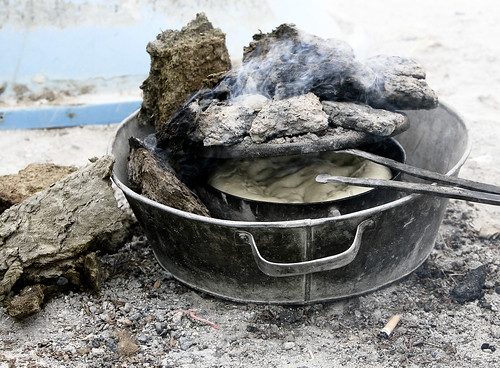
Yak Dung Bread. It was served dipped in Yak Milk Chai Tea by the lady of the house (above). It was delicious!
Located in the Taklamaken desert, homes of mud and grass have stood for centuries. Sand storms are frequent. Coming from Beijing, or any of the larger cities, you see what you think is the same smog choking the air. But if you’re so lucky to find a shower, you realize once the water hits you, it’s not smog, rather sand. And regardless how new something might be in XinJiang, the sand ages everything quickly. Including humans.
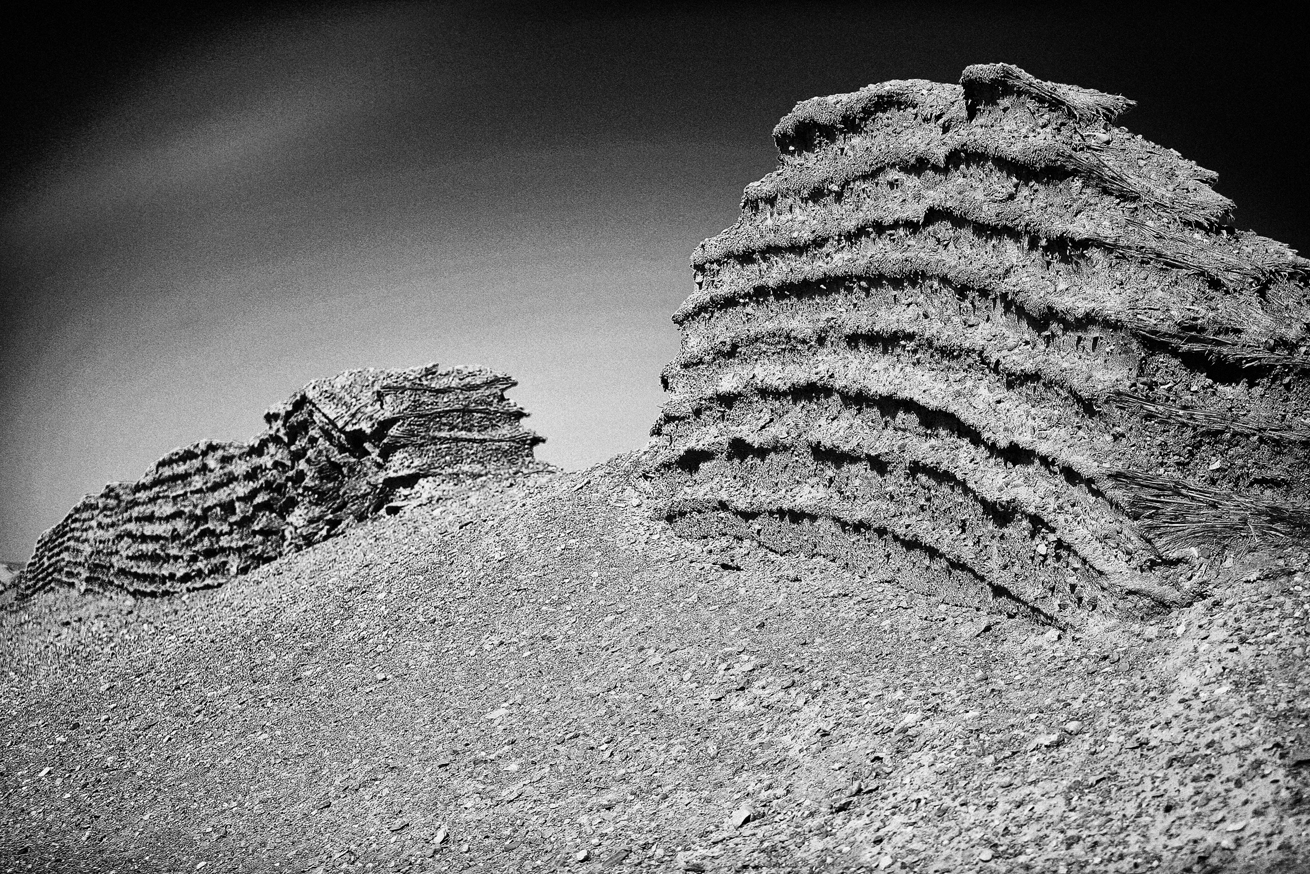
Only in their most recent version did Lonely Planet make any mention of this portion of the Great Wall. My son had heard about it and so we asked around. A guy offered to drive us – 4 hours one way outside of Dunhuang and worth every shockless inch. My first Great Wall experience was at the section of the wall few people get to see. In the middle of the desert I glimpsed it. The magnitude of what I was seeing with my own eyes in the the middle of a wasteland moved me to tears. The Westernmost section of the Great Wall lies in the Gobi desert, is still VERY discernible, very viewable, and very mind blowing. It's unrestored remnants from 101 B.C. were impressive – no stone work, just mud, grass, and small stones. The joy at sharing this sight with my son will be with me always.

The farmer’s market in Kashgar, XinJiang Province offers more than the milk cow of your dreams, hot nan, and fresh vegetables. Lots of business was transacted with much cash and goods changing hands. But it wasn’t until the end of the day that I caught this personal service scene. The barber was preparing to provide a haircut and shave to a client. The care he took with his clients was reflected in the gentleness of his hands and his cheerful demeanor.
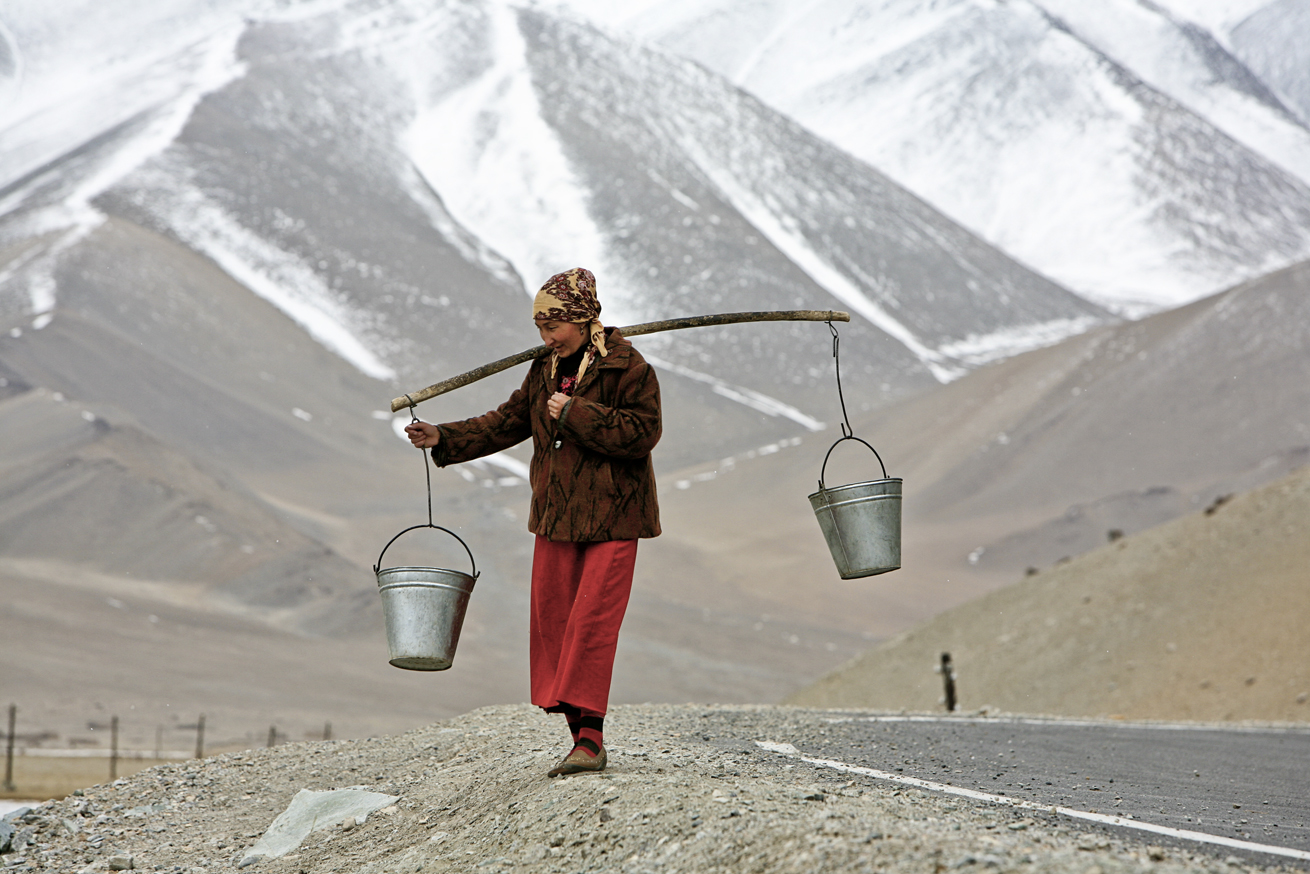
She was a yurt dweller off the Karakoram Highway not far from the Pakistan border. It was impossible to tell her age. Brightly (and warmly) dressed she had the features of a beauty queen, the movements of a model, and the smile of a joyous existence. Yet she was gathering water that weighed approximately 10 pounds on each shoulder. Then she balanced it with practiced skill. Having some distance to transport it back to her home meant any spillage would have been a tremendous loss of time and effort.
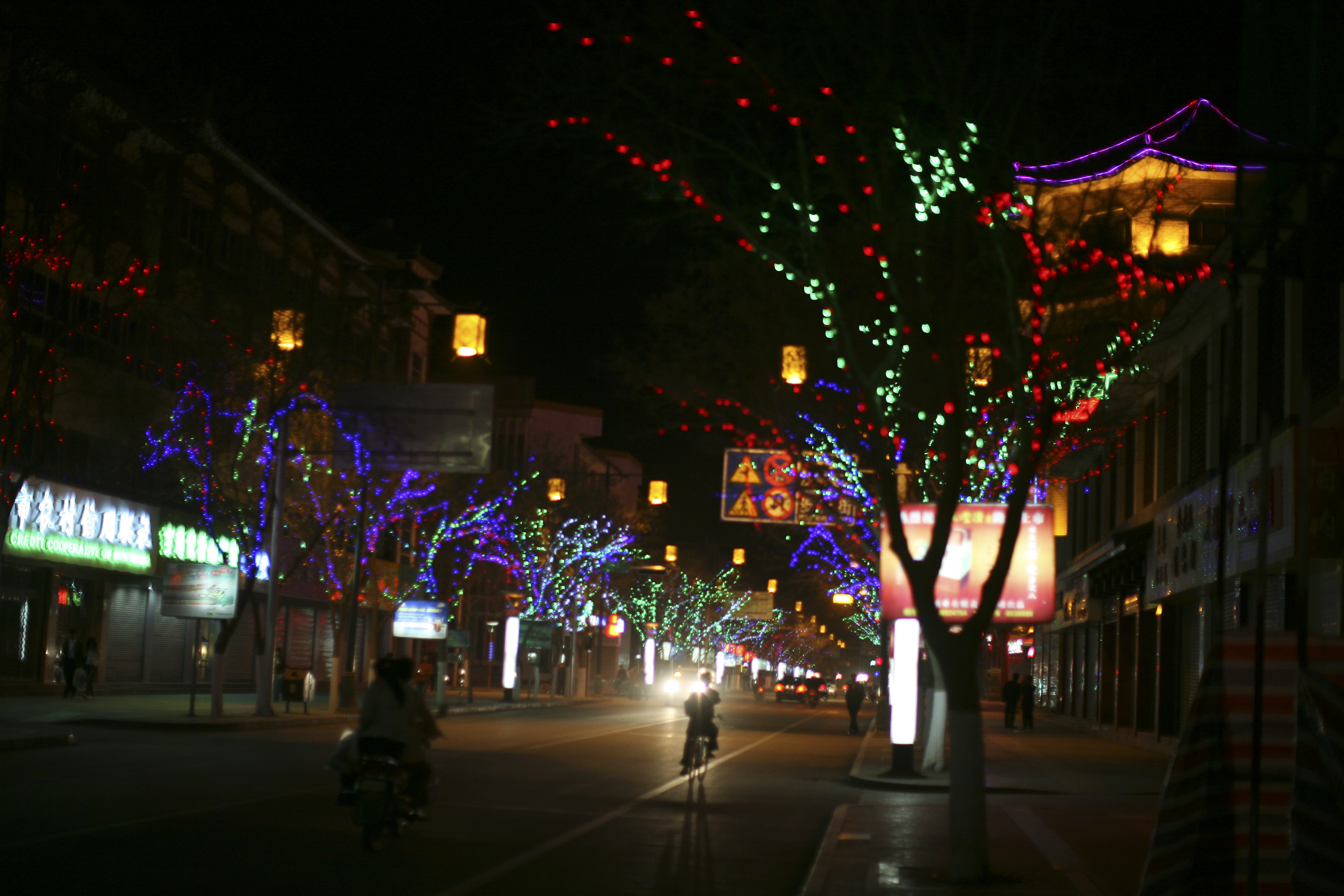
Dunhuang is southeast from Urumqui in the province of Gansu, just south of Mongolia. Also on the world's first information superhighway, the Silk Road, Gansu is a treasure trove of Buddhist paintings and sculptures, and the Buddhist grottoes of the Mogao Caves. The arid land and harsh climate has made the land barely inhabitable. As such, the Gansu Province is one of the 5 poorest provinces in China. Dunhuang may be poor, but when we pulled into downtown in a "taxi", we were instantly transported from weary travelers to starry eyed tourists. The town is alight at night with magical colors and we were gratefully rejuvenated by the sight. The light of day replaced the magic with a sobering reality. Yet even that meant 3 days of adventure we'll never forget.
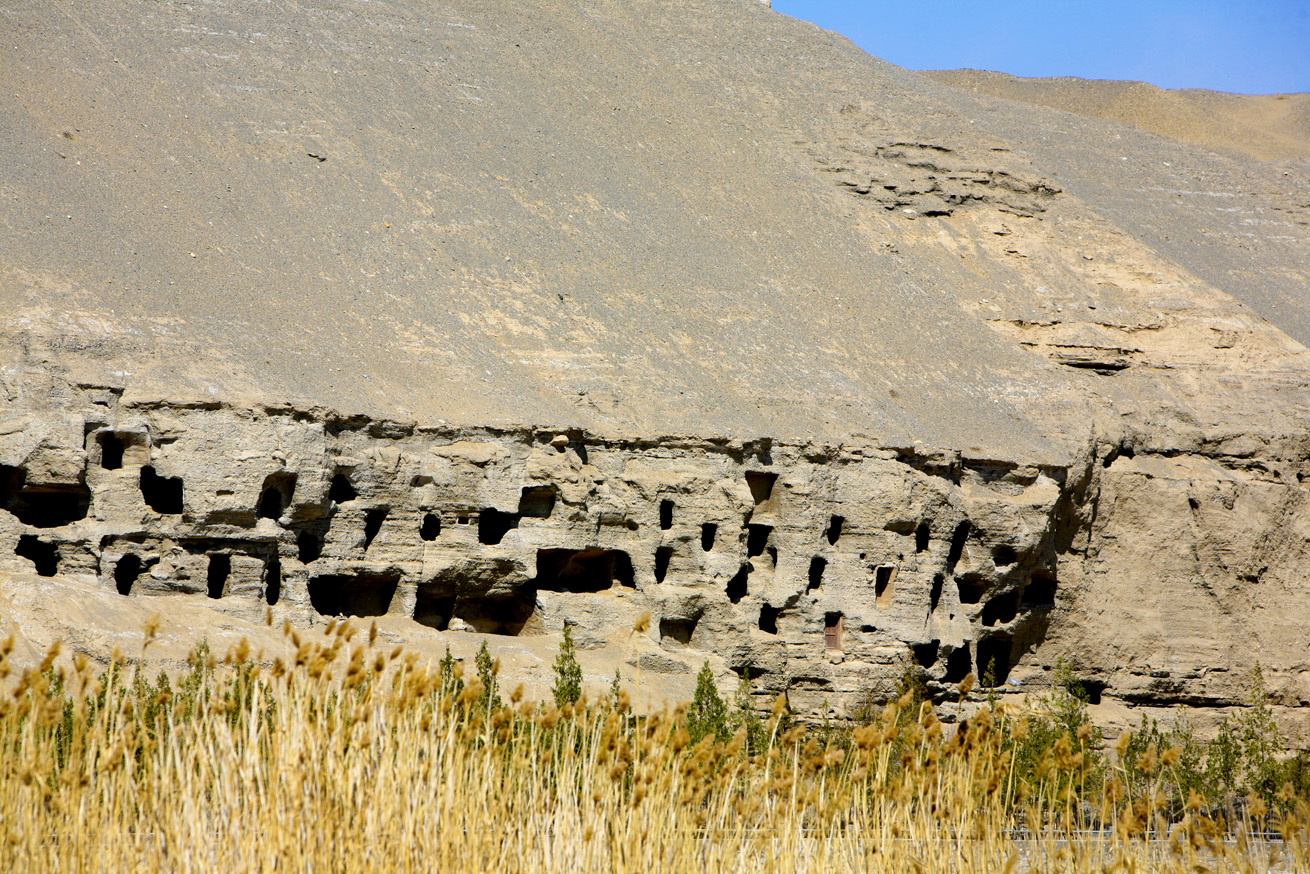
This picture of grottoes is on site of the Mogao Caves. There were no cameras or recording devices of any kind allowed inside the gated and heavily guarded caves. Filled with art and sculpture of a quantity and often of sizes that strain our modern brains to comprehend, the caves were exquisite. I've dreamed about what I saw in there several times since arriving home. Impossible to describe, breathless to behold, it was one of my favorite ancient sites. To quote Lonely Planet "The Mogao Caves are, simply put, one of the greatest repositories of Buddhist art in the world." At its height the site had 18 monasteries, 1400 monks and nuns, and numerous artists, calligraphers, and translators. Generally agreed to have been founded in AD 366, the collapse of trade after the Yuan dynasty left the 1700 meters of grottoes and millennium of art untouched for centuries as the Gobi desert took hold. It was only in the 20th century that the massive, priceless troves of art and remnants were rediscovered.
What the H*** Did You Do to My Quail?!
As a kid I remember being told if we dug a tunnel through the earth, we’d come out in China. That intrigued me. But not enough to be much inspired to do so when it was just my Dad’s admonition to dig harder in order to get those post holes finished. Those post holes were quite enough for me but I wondered if those fancy-schmancy mechanical diggers sitting in the show room of the implement store would do the trick. I didn’t dare ask, but I thought about it. Based on my Dad’s consistent “they sure think a lot of these things” every time he looked at one and saw the price (which was every time we went in), I thought for certain they should at least be able to get a person half-way. At age 13 when I knew just about all there was to know about the world, I realized the earth was a really big hunk of dirt and those mechanical diggers could not land me anywhere near China. Boy was I glad I never inquired of the salesman about their capacity to handle such a task. And if my Dad had known the question dancing on the tip of my tongue every time we went in, he’d have been glad too.
It was about this time we studied China in Social Studies. All I remember is the amount of people the teacher drummed on about, and the food. The food intrigued me. We didn’t eat much rice. I painfully recall an incident whereby my Dad brought home quail for dinner. As I stood over the sink carefully digging out the pellets so no one would break a tooth, I had a flash of Home Economics genius. Tonight instead of frying it, I’d bake it nestled onto a bed of rice! I served it in a nice Pyrex pie plate — all golden brown and bubbly from the Cream of Mushroom soup I’d brilliantly used — Betty Crocker would have been proud. “What the heck did you do to MY quail?!” He didn’t say heck. And he was not impressed one bit by the presentation.
While I managed to slip rice into our meals on occasion after that (I frequently was the family cook), it was many years before I experienced Chinese food. I loved it and therefore was under the notion I knew a few things about the cuisine. Until I actually went to China. As is so often the case with my knowledge base, I was in for a few surprises.

Yak Dung bread. Someone asked if I really ate Yak Dung bread. The Yak Dung was not an ingredient IN the bread, rather the "wood" that held the heat that baked it in the pan on the ground. You can see the dried Yak Dung smoldering. We did however dip the bread into Yak Milk Chai Tea. I fantasize about that culinary experience and have weighed the cost of a ticket to procure a slab of that bread.
I won’t laugh out loud if you tell me you’re a vegetarian or a vegan headed to China, but I will tell you if a trip to China is in your forecast, be prepared for some foot work before you eat. They’re way behind us in the area of privileged non-meat food availabilities (so Americans be thankful for the food choices we have), so meat and meat products are staples. Even bowls of noodles frequently contain tiny chunks of meat. So if you’re a vegetarian or vegan, you might want to pack a smaller size pant for the return trip. How bad is that?! P.S. I am not a vegetarian or vegan. I was raised on a cattle ranch. In my opinion, it would be a rather arrogant stance for me to take considering I’m not even one generation removed from living off the land. My Dad would say something like “who do you think you are”? Besides, I LOVE beef. Today my Dad holds down the fort even though his 3 best hands grew up and moved away. Now we all buy our beef from him!
The basic procurement of meat that was so blatantly visible didn’t faze me. Growing up we raised our own meat — chickens, rabbits, pigs, cattle. I know the entire process well of getting something from the “hoof” to the table. It was the FISH “slaughterhouses” that got me. Squiggling buckets of slithering inky mounds of unidentifiable objects that belonged back in the water, unsettled me. My son and I entered one not realizing once inside we had to walk all the way through as we couldn’t stomach the thought of taking the time to turn around. People sitting over buckets “skinning” what appeared to be the tiniest of eels had the tune of Psycho screeching through my head. I tried to not look, but the concrete floor was even more unsettling and to make matters worse, the stall proprietors held things out for us to examine as we passed. The irony here is I know I ate some of their wares in restaurants, and went on and on about how delicious it was. Whatever IT was.
The ratio of noodles to rice was great. The noodles were sublime and were on several days the only food we had. My son, there for approximately 18 months, ate noodles every day. While there are many variations, the general class of noodles is called La Mien. To see them “thrown”, a process whereby a huge chunk of the dough is twisted, pulled, whipped into the air like a circus act until the tiny strands magically separate and get tossed into a boiling pot of water with your name on it, was a highlight. My hands-down favorite dish? Boiled octopus and squid with bamboo shoots and other vegetables in a fiery sauce — Shuizhu Yu. Very Sichuan! And the dish I loved and could actually replicate at home? Ganbian Sijidou, Sichuan Green Beans — check out the recipe below. Other unusual things I ingested? Donkey Meat — to die for good, Boiled Pigeon — would die to avoid, mainly because of the gray, pallid, overall color, and skewered Lamb intestines cooked over a spit of sorts. Was a very big hit with the locals.
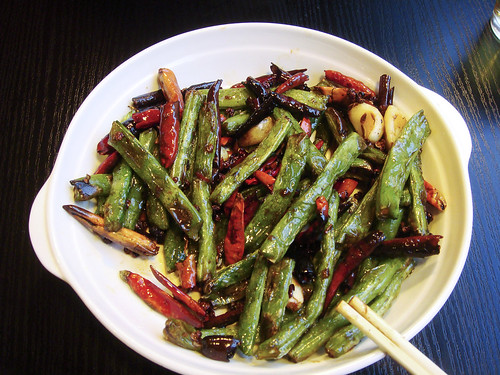
Sichuan Green Beans: Ganbian Sijidou. RECIPE: fresh green beans, garlic, peppers (of any sort or heat), more garlic, garlic salt, sichuan peppercorns. Heat wok until VERY hot. Add sesame oil. Then green beans. Stir fry until blistering. Add the garlic, garlic salt, and peppercorns for a moment at the end. Enjoy!
P.S. the sichuan peppercorns make the green bean dish what it is. Here’s where you can order them.
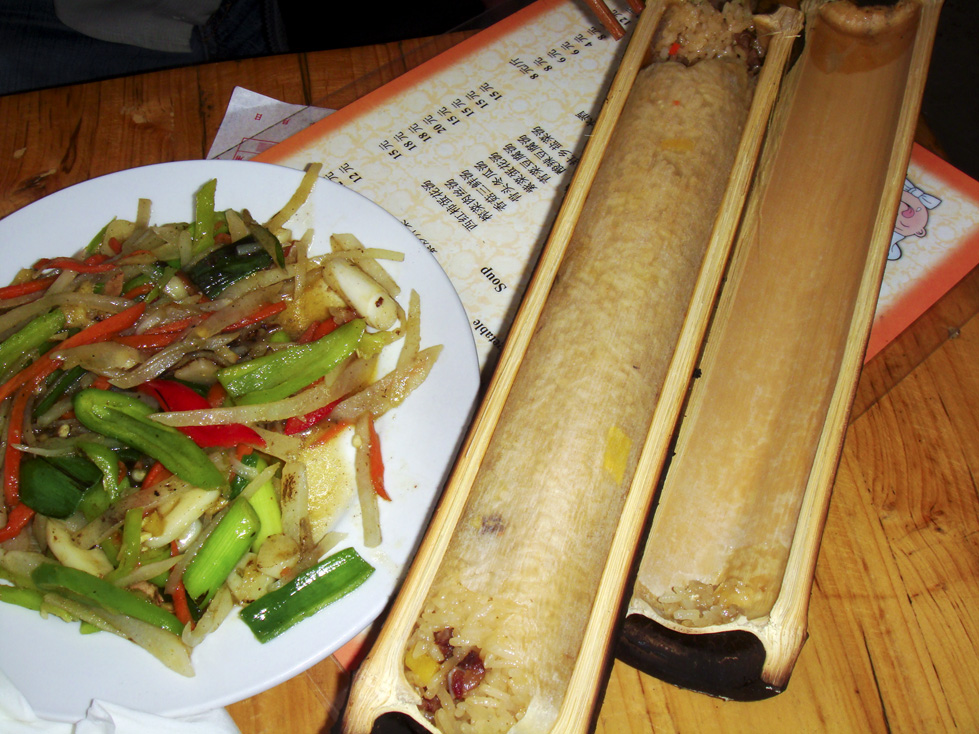
The rice was cooked in a slice of bamboo over an open fire. In the middle of the rice roll was meat and a slightly sweet chutney of sorts.
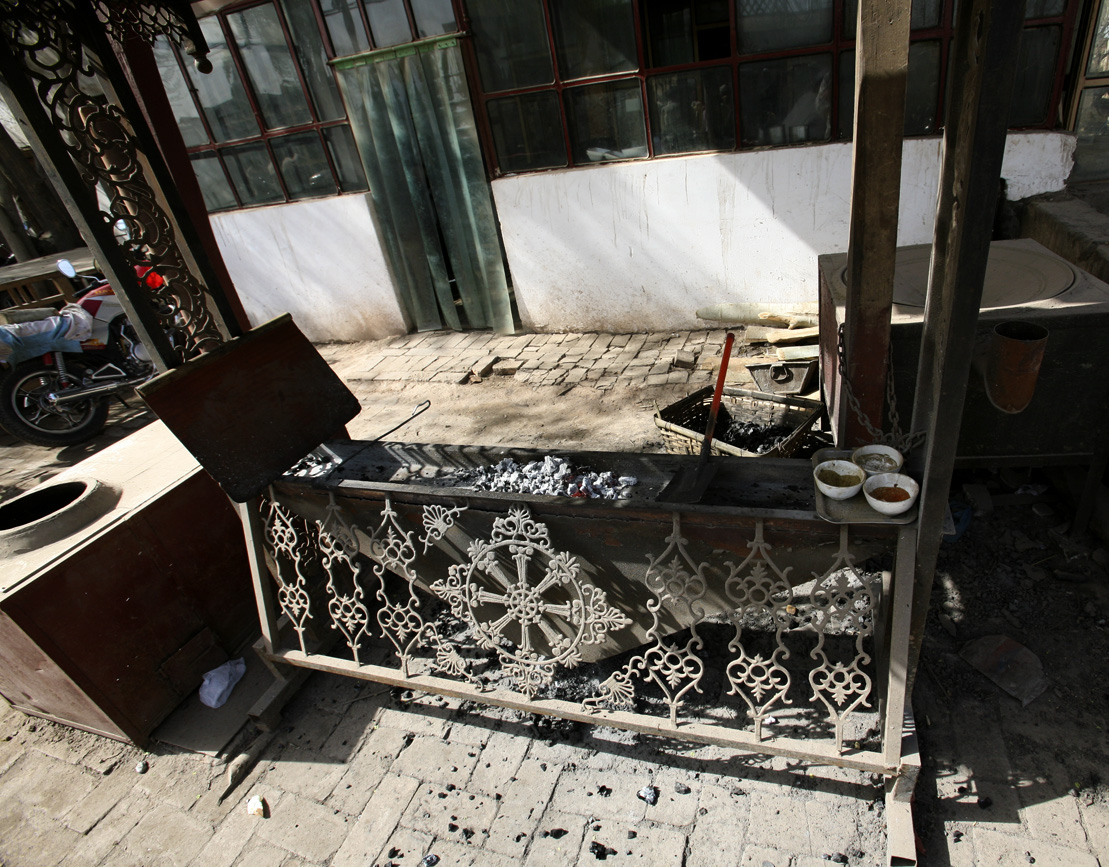
These were prevalent on the streets and corners and used to grill meat skewers -- very popular with the locals and were fired up most all the day long. We didn't know what to order and so got Lamb Intestines. They were rubbery but we made a gallant effort on them. Didn't learn unti llater what we'd had. The light breading was tasty.
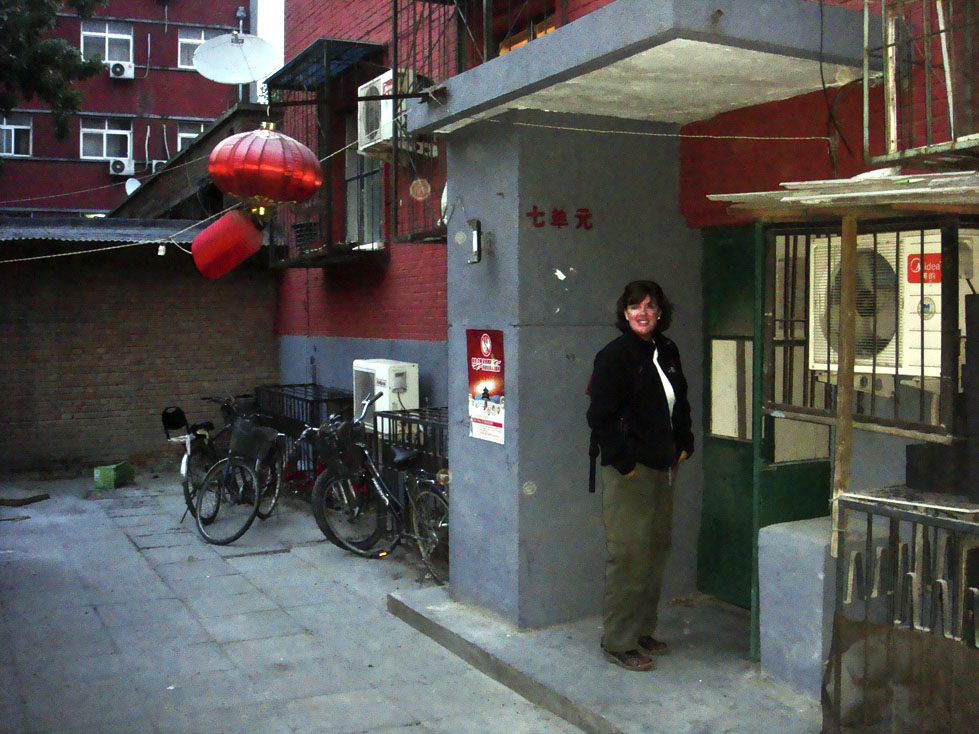
My favorite Beijing restaurant. In an alley, up a tiny flight of stairs, through the kitchen past the cook, and into a 10 person dining area. There was no front entrance. The front window overlooked the street. We watched people wondering how in the world we got in there. My son had discovered it on his first stay in Beijing. The picture of Sichuan Green Beans came from this restaurant.
The food advertising was, ummmm, unusual. Here’s a few examples. I believe the disconnect evident in these posters was due to the fact fast food is a relatively new phenomenon. Additionally, they’ve learned Westerners love burgers and pizzas. They just don’t have the targeted message down pat, yet.
China’s Interior
“It seems to matter not the quality or amount of a night’s sleep. We are tired. It’s beginning to feel a marathon of the spirit. It is both the physical exertion of exploration but I believe more than that the mental/emotional exertion of days filled with frustration, misunderstanding, dashed hopes, and a perpetual string of things unexpected. Although constantly on our toes, we are continually off-balance. One moment leads to the other as opposed to one moment leading the other. It is a never ending chess match.” –Personal Journal entry, April 15, 2008
Personal Journal Entries: I wrote a lot on this trip — an entire Moleskine was filled with thoughts, simple here-to-see-this-and-there-to-see-that, and a lot of reflection. More than I thought upon reviewing the entries. And more of it negative than I thought I was feeling at the time. The trip was physically challenging. Four weeks of carrying heavy backpacks, staying in hostels, eating sparsely, utilizing squatter toilets, unable to drink the water, wearing dirty clothes, cold at times, constantly struggling with the language barrier, it was the adventure of a lifetime and one of great personal insight. Throughout the month I struggled with the lack of smiles and the absence of small kindnesses. Being born and raised a Southern gal, a ready smile and a certain degree of helpfulness has been bred in.
“I am more susceptible to bad vibes than to good. I would like to say I ‘seem’ to be more susceptible, but that would just be being nice to myself and a waste of words. It’s been said that I go from shit-to-sugar quickly and I accept that as a compliment. The truth is my sugar-to-shit fuse is a shorter one. I am not proud of this trait and work hard to head it off. Much of the time I am unsuccessful. Point being I have become rather short on smiles as the days have worn on. There have been few smiles (but a lot of stares) directed towards us. Of course I could excuse my growing surliness on the fact my normal chipper attitude has had far greater pressure on it (from the great populace of China) than I have been able to singly exert upon them. But that’s just an excuse. I am a visitor on their turf and feel I should be ever-pleasant to be here. I will work on it for the remainder of my stay.” — Personal Journal Entry, April 18, 2008
My entries are chock full of wonderful human interest stories that filled pages. One in particular stands out involving a young Chinese man on his first plane ride with whom we shared the row of seats. With this one incident I journaled this revelation: “In the span of a only a day I’ve gone from complaining of the lack of kindnesses from the Chinese to the slap-me-in-the-face reminder that the best kindnesses ARE THOSE YOU EXTEND TOWARDS OTHERS.” — Personal Journal Entry, April 20, 2008
Just prior to this incident, I’d written: “…David, the Australian, said he was noting in his journal all the kindnesses directed towards him. He is a better human being than me. And his journal will be far scarcer than my own for that.” LOL!
Here’s a smattering of other entries: Driving in China: “I have been astounded at how things seem to magically fall away just as we are to collide with them. It is as if slow motion is invoked when anything gets within an inch of something else. I’ve tried closing my eyes but my curiosity gets the better of me.” — Personal Journal Entry, April 9, 2008
“We are one-half through our journey. It is everything I expected, hoped for, and more. There have been moments, even entire days of frustration, fear, exhaustion. But even in the midst of this discomfort, **** and I have reveled in the joy of discovering the unknown, overcoming the obstacles, and feasting our eyes, ears, touch, taste and smell on China.” — Personal Journal Entry, April 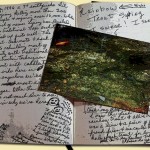 14, 2008
14, 2008
“For most of the trip, I’ve been excited, when I haven’t been scared. And **** and I have had quite a few laughs. Many at the expense of the Chinese people. Some truly unkind. Maybe we really are arrogant, American asses. Maybe we’ve just been straining for something to freakin’ laugh at.” — Personal Journal entry, April 19, 2008
“Confusion, sincere concern, unabashed fear, dread, panic…” — Personal Journal entry, April 11, 2008
China is known as Zhongguó in Mandarin. The character zhong means “middle” or central; the letter, guó means land, kingdom or country. An appropriate English translation would be “middle kingdom”.
Chengdu, Sichuan Province
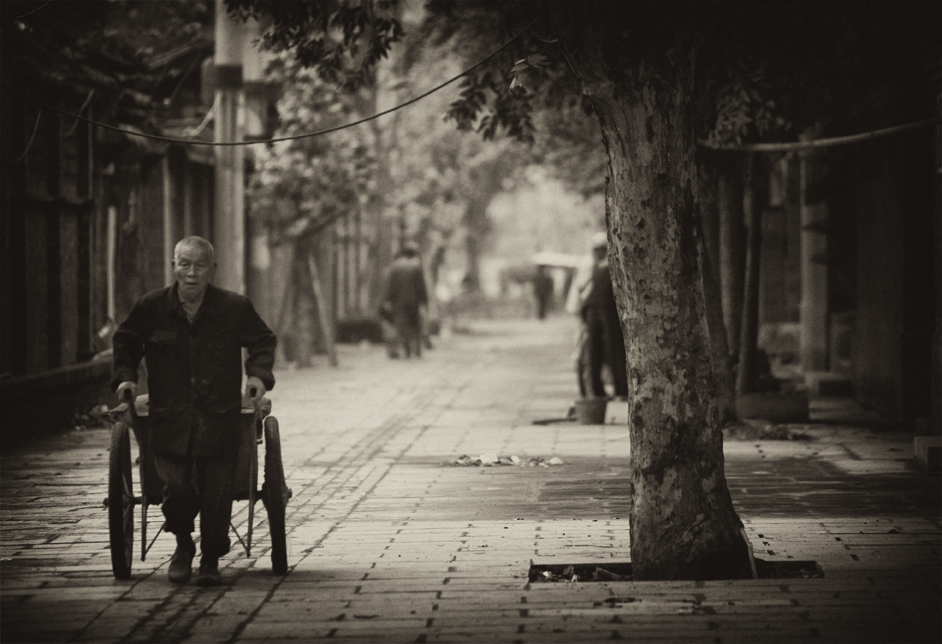
Chengdu, Sichuan Province -- 14 days after my return home, Chengdu was hit by a 7.9 earthquake -- the worst in 3 decades. Tens of thousands died. Much of what we saw may have been leveled.
Leshan, Sichuan Province

Grand Buddha, Leshan, Sichuan Province. The 80 year project to carve a Buddha into the cliffs of Leshan in 713 A.D., resulted in the largest Buddha in the world. Sitting in an alcove of sorts, he guards boatmen at the confluence of 3 rivers. A World Heritage Sight, he's 71 meters high, 233 feet. His ears are 7 meters long!
Lijiang, Yunnan Province
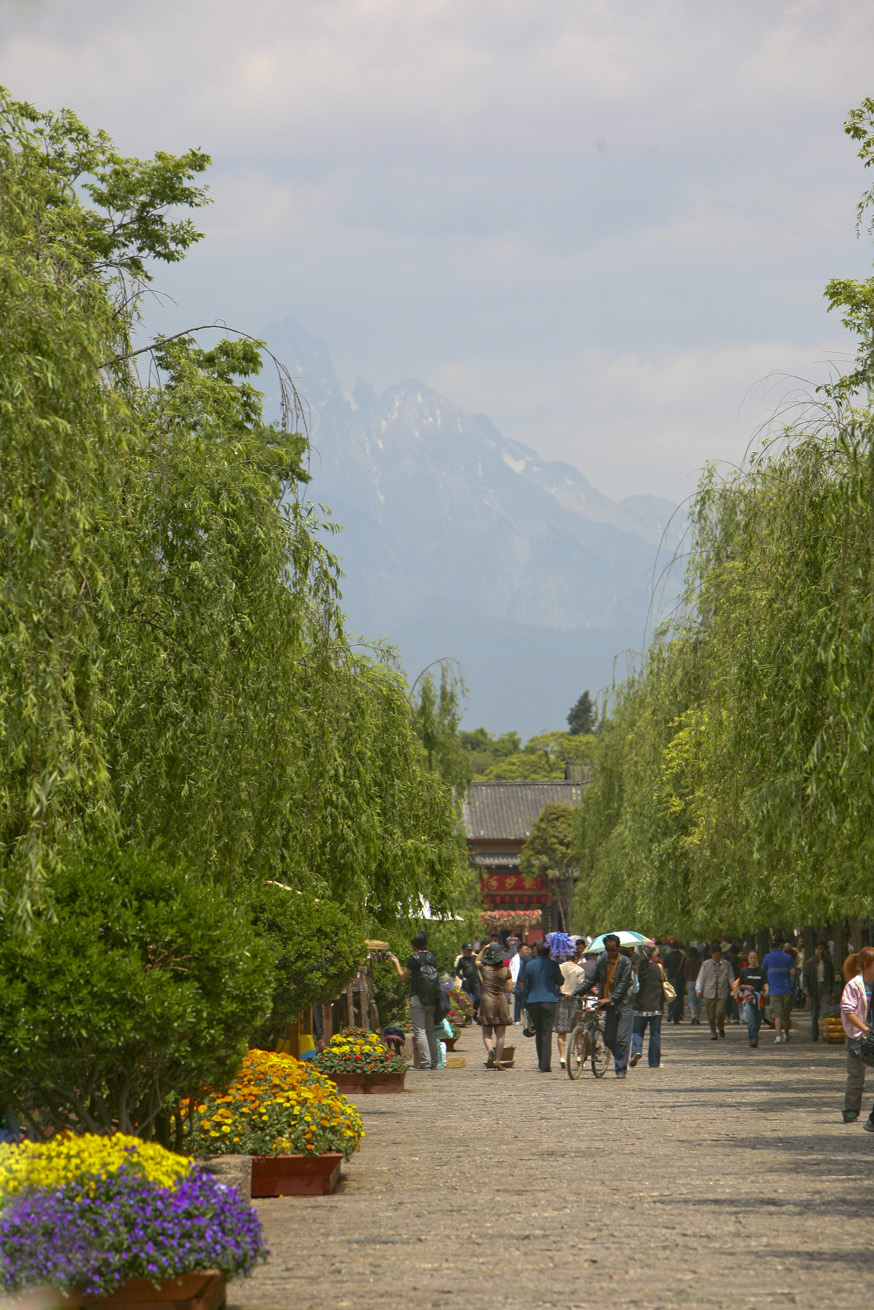
Lijiang's old town is a World Heritage Sight and has been the base of the 286,000 strong Naxi tribe for the last 1400 years. They descend from ethnically Tibetan Qiang tribes and lived until recently in matrilineal families. There are strong matriarchal influences in the Naxi language. Nouns enlarge their meaning when the word for 'female' is added; conversely, the addition of the word for 'male' will decrease the meaning. For example, 'stone' plus 'female' conveys the idea of a boulder; 'stone' plus 'male' conveys the idea of a pebble.
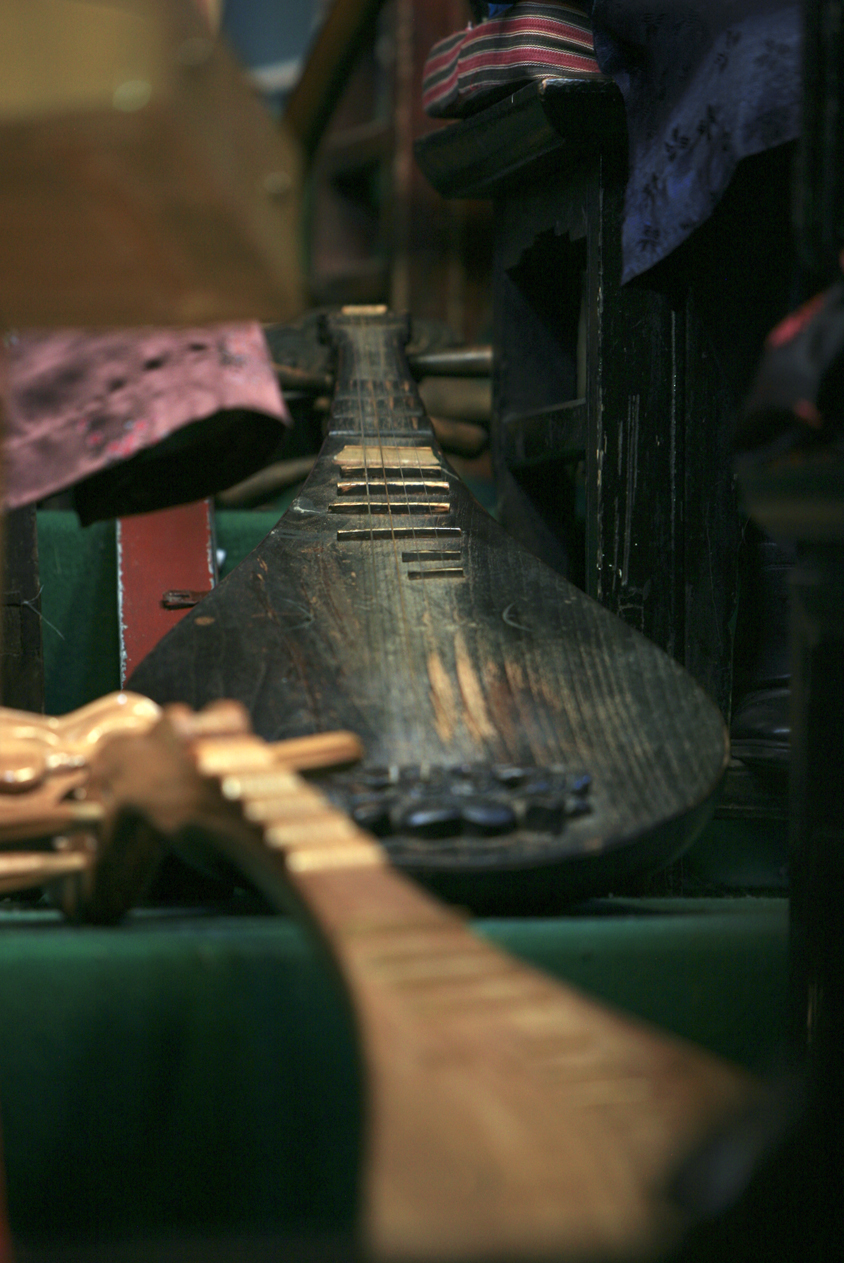
"The traditional Naxi Orchestra was amazing. Being tired, I initially did not think I could sit there for an hour-and-a-half when we took our seats at 8:00 p.m. But the strangely beautiful music and the faces of the musicians (mostly elderly - many 80 and older) were captivating. Several of the instruments were original, very unusual in China. The owners buried the instruments during the Cultural Revolution in order to preserve them." -- Personal Journal entry, April 19, 2008

Guilin, Guangxi Province. The karst topography/lime formations along the Li River made me think we were floating down a stream running along the ridged backs of ancient dinosaurs. At any moment I expected our boat to be catapulted above the water as one decided to come up for air.
The day the picture below was taken was dreary. The light was drearier. So I played around with Photoshop and finally achieved a result with some degree of appeal. And this depiction is actually a decent representation of the images my mind registered that day.
To My Son and China Travel Partner
This post is dedicated to my son, with only pics of him from the 4 week backpacking trip. Were it not for him, I likely would have never seen China. A tall, mid-western young man in China speaking fluent Mandarin through a bit of a Texas drawl deserves his very own post. He paid the price to live in China for a year-and-a-half to learn the language. He lost 100% of his hearing in his right ear 3 weeks after arriving in Beijing, which is tragic enough, but he’s a musician and was attempting an almost impossible task in the learning of a tonal language. He knew no one, couldn’t speak the language, was completely alone and yet weathered the event, triumphing over all the barriers in the end. He’s said since that he so wanted to come home, but he stuck it out. Maybe with a stem cell miracle someday, he’ll regain the hearing.
Dear Son,
This trip, the memories, the photographs, journal entries, public stories, private stories (that we’ve sworn to the other to never tell), the fantastical peregrination would not have been possible without you. While I’ve enjoyed my day in the sun from the attention garnered from my documentation of the trip on this website, the writings, the photos shared with anyone and everyone, the ooohs and aahhhs from friends and family, it all really belongs to you. Thank you for what you’ve given me — the gift of a lifetime.
Love,
Mom
P.S. I’d travel with you again, anytime, anywhere, for any length of time. And I hope that someday, we can again.
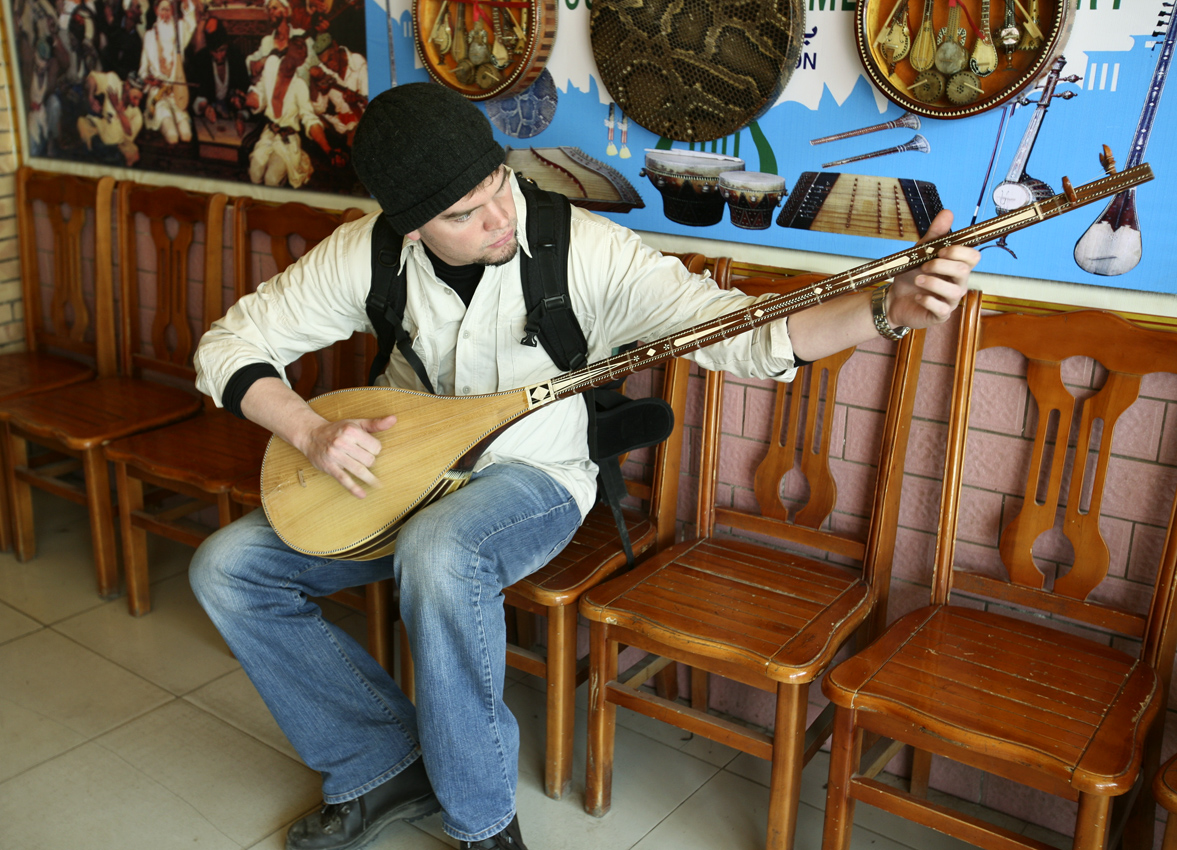
We made quite a spectacle that day traipsing to the Kashgar post office with my son carrying the beautiful Dutar, the proprietor carrying packing supplies, the helper carting a large wood box fitted to the instrument for shipping, and me. Two hours later, my son handed over the carefully packed instrument to the lady behind the postal counter. The Dutar arrived home before I did, completely intact. My son is a musician -- a talented guitarist. While I love to tell the story of him picking up my red Fender at a young age and never putting it down and of turning him onto Stevie Ray Vaughan (which he says changed his life LOL), the guitarist he is today is solely because of his tenacity in the pursuit of a passion. May your next instrument be that Taylor of your dreams!
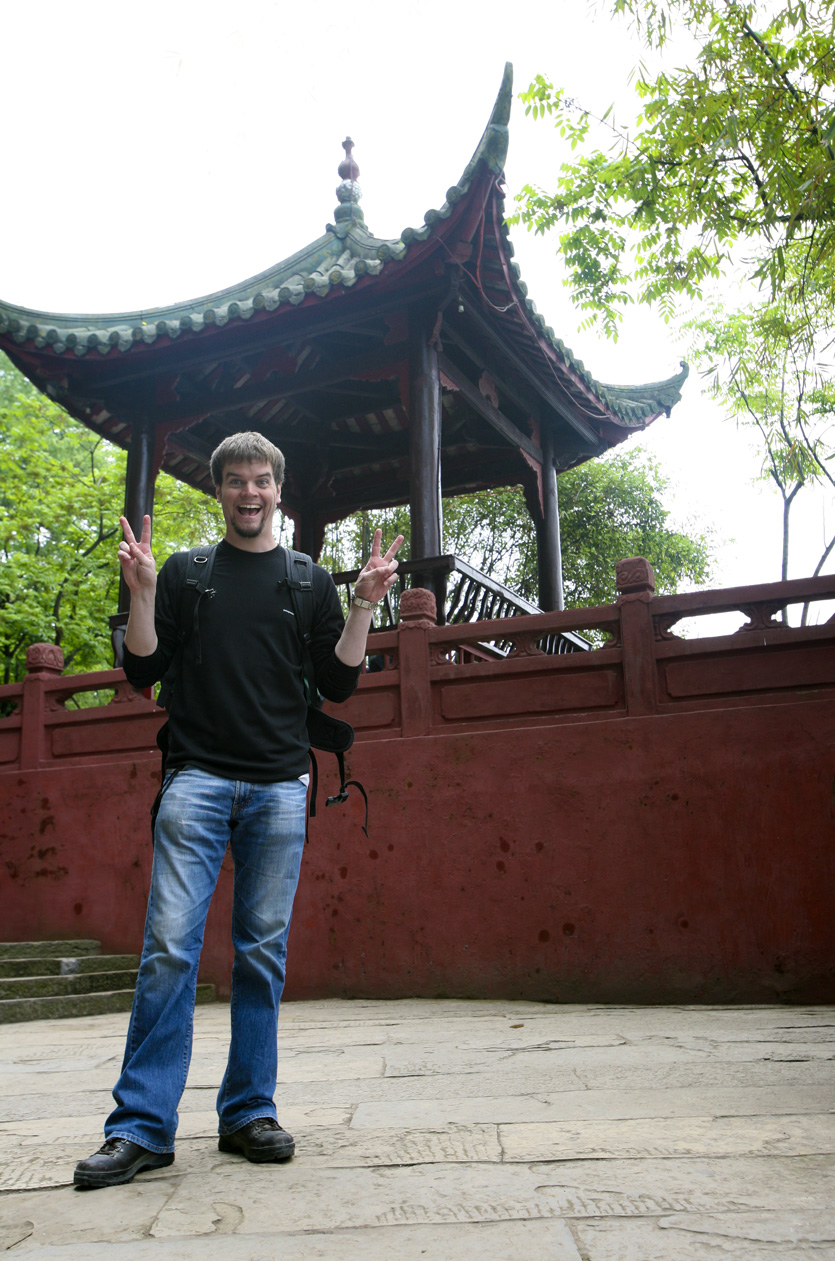
We observed that most every Chinese posing for a picture, threw up the double Peace sign. When in Rome...
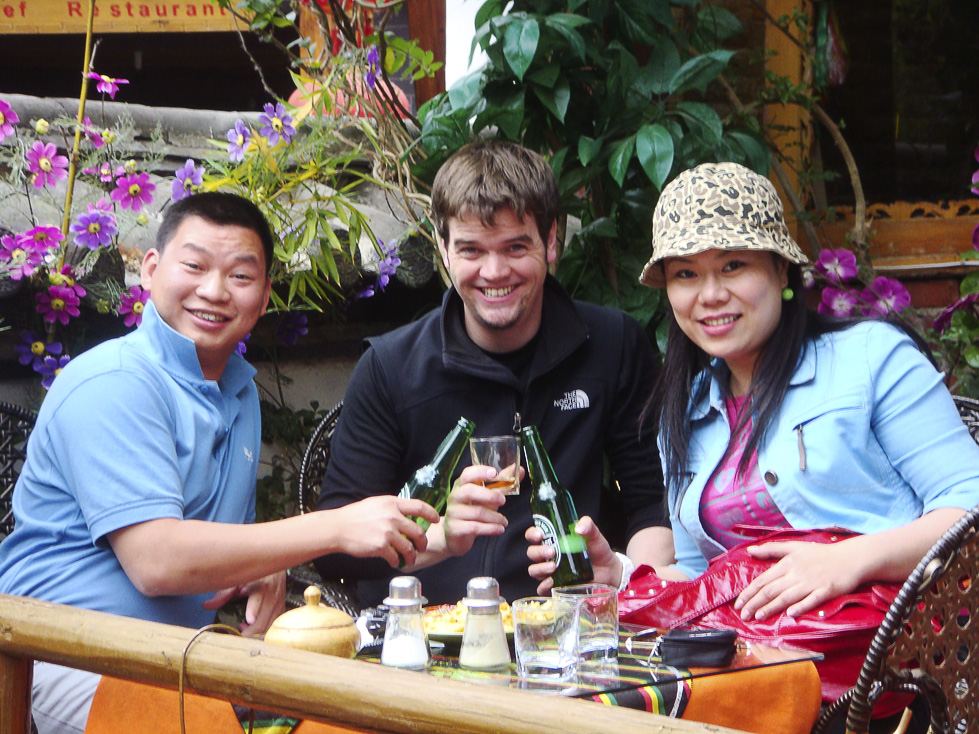
A couple we met at the restaurant in Lijiang. They loved my son and wanted to party the night away with him. Even he was tired by this point and chose instead to call it a day after the early dinner we shared with them.

With David, the Australian, whose contact information I lost before getting home. If anyone seeing this knows David, please tell him to contact me through this site!
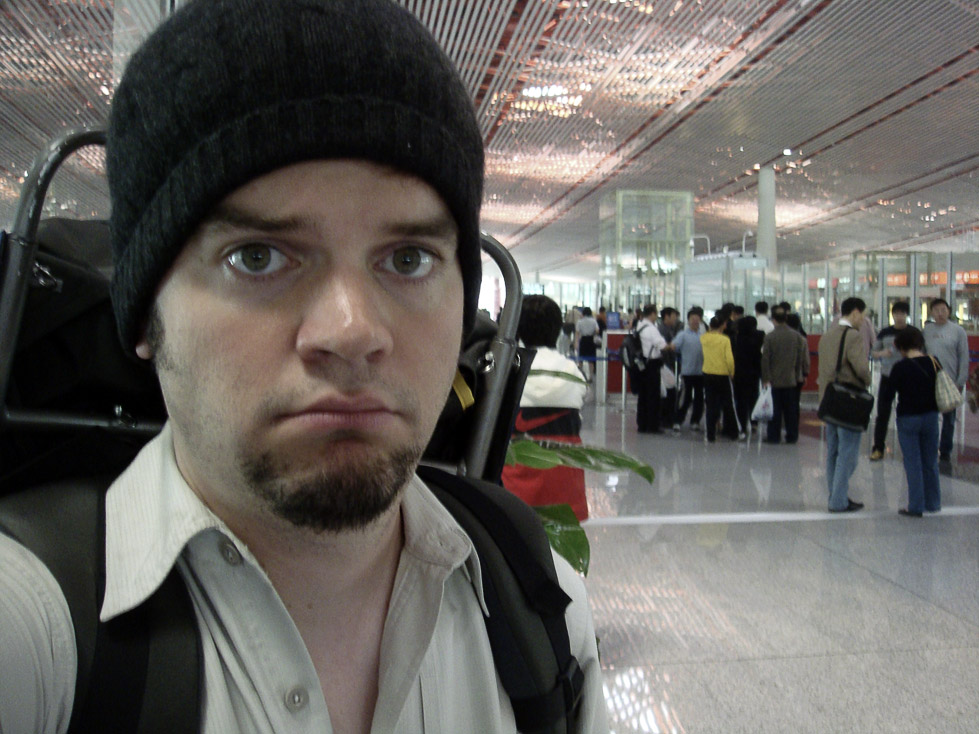
Self portrait after we'd parted in the Beijing airport. I was heading home to the U.S. while he still had several months to go. We were both sad -- I cried as the escalator took me to the tram. This is a photo no Mother wants to see.
This next set of photographs are ones taken either by him or of him during his stint in China before and after I visited. They were worthy of being included here.
Zai Jian, A Sad Good-Bye to China
Wow, I find it hard to let it go, sad actually. A few tears just hit my keyboard. I’ve poured my soul along with immeasurable hours of time into the documentation of the trip; this trip prompted so much emotion! I close the book for now on my backpacking journey to the People’s Republic of China. My disappointment at the closure of Tibet due to the riots that began March 15, 2008, days prior to my arrival in the country, just means one thing. I’ll be back.
For the entire saga, click here, or go to the Trip Journal tab and choose “China.”
Xie xie (thank you!) for all the precious time you spent reading these posts and for the time to comment. It’s been my pleasure to share the journey with you.
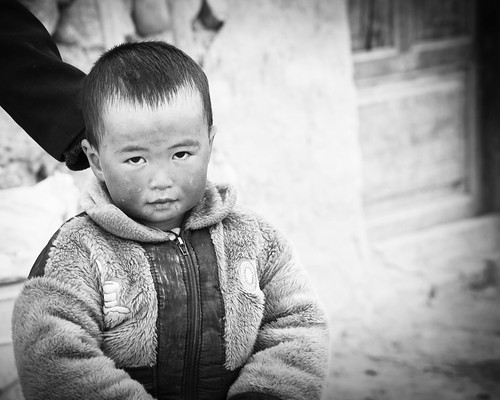
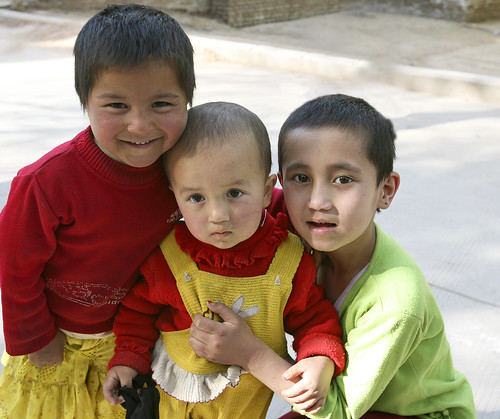
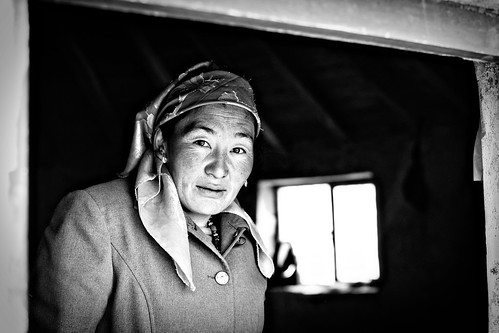
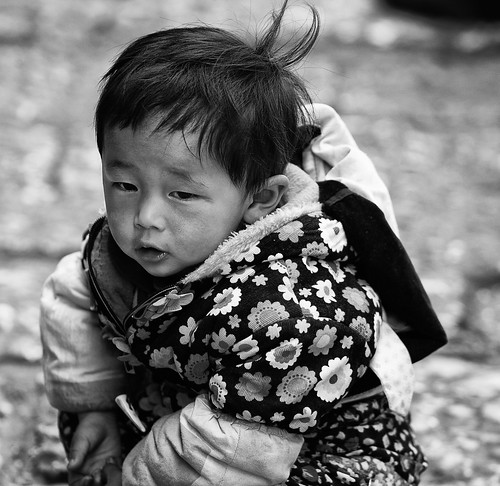
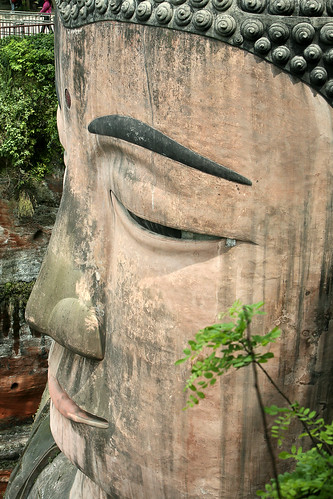
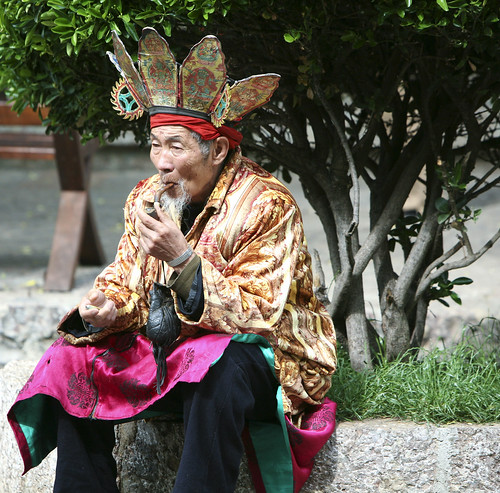
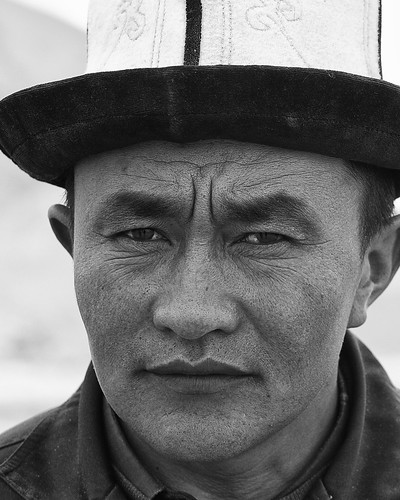
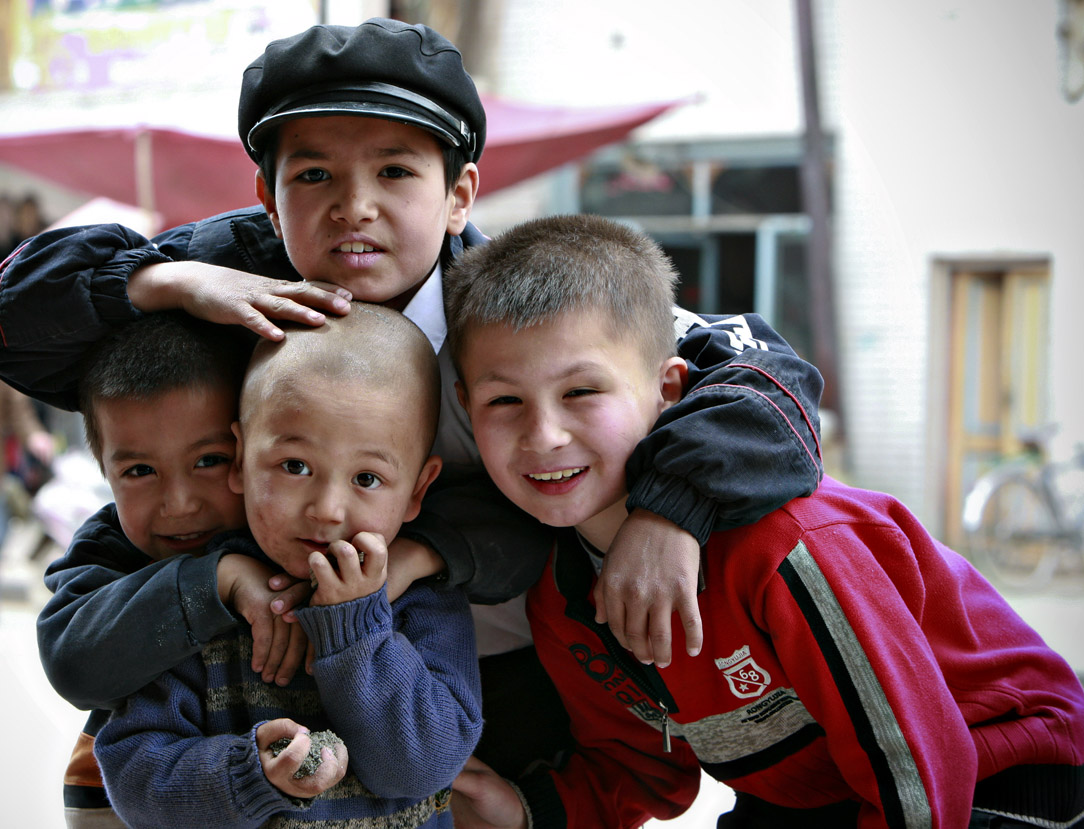
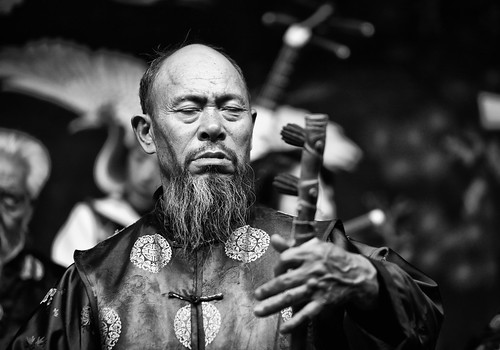
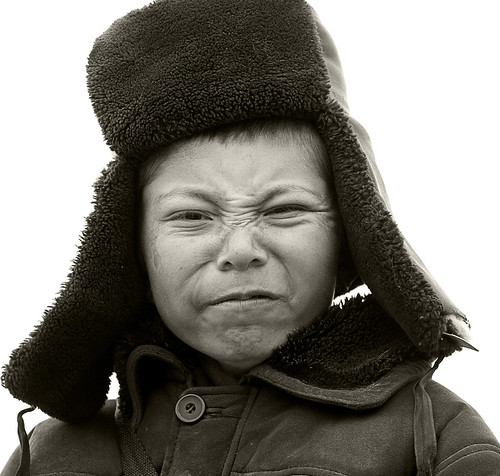
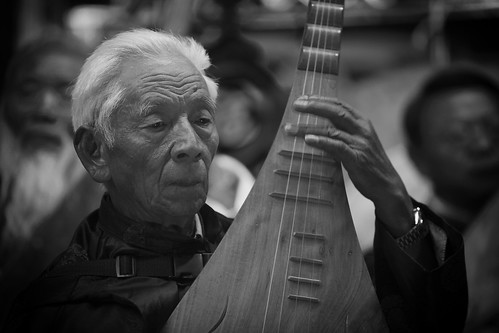

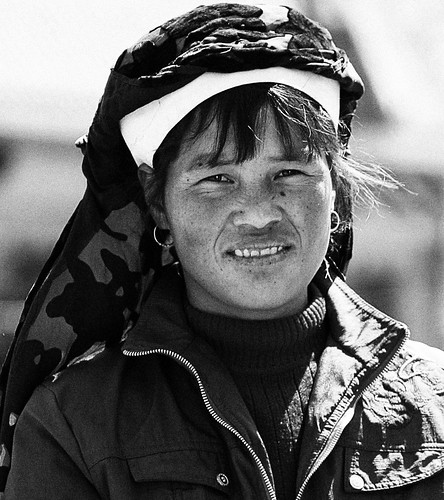
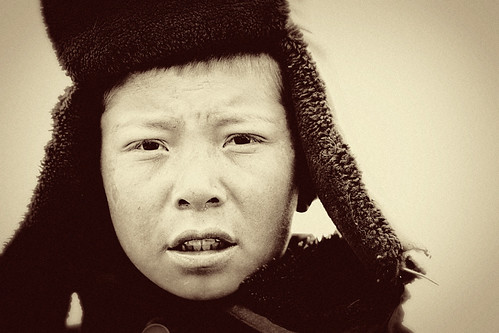
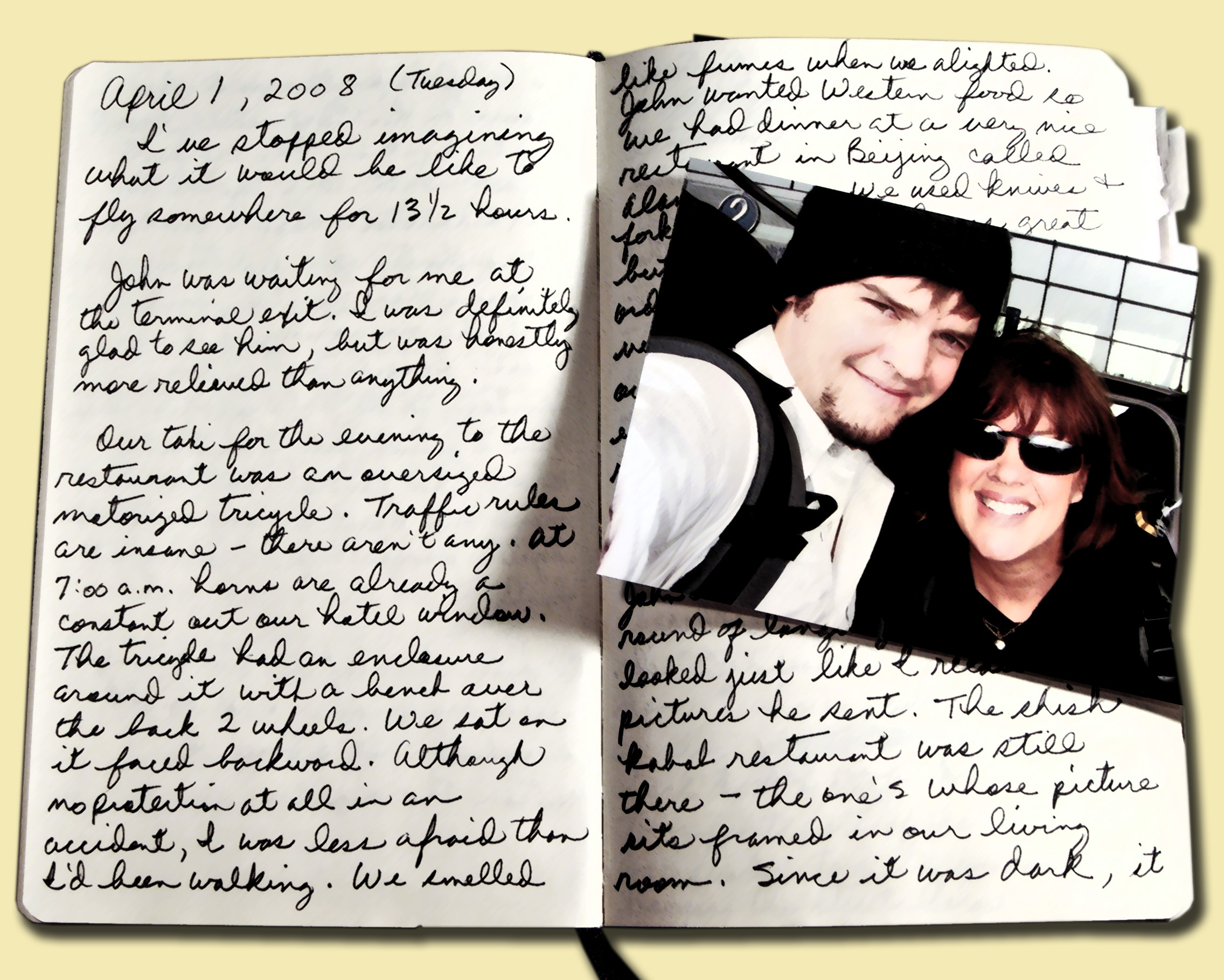

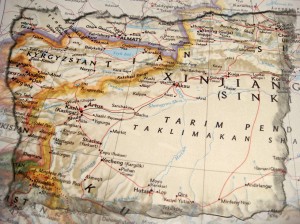
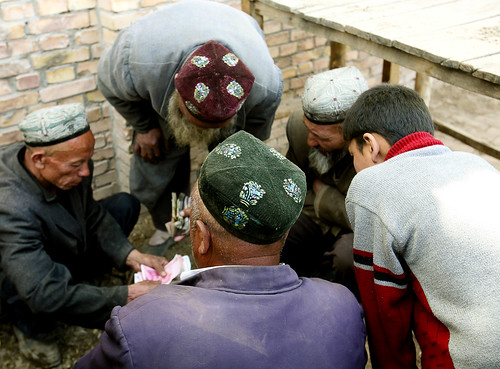
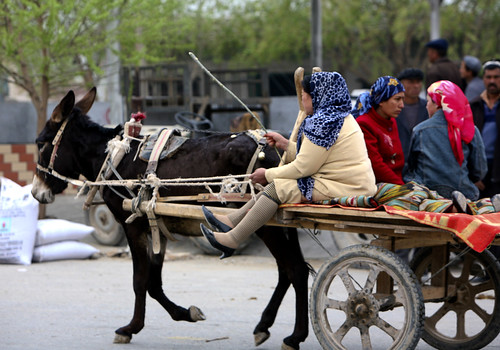
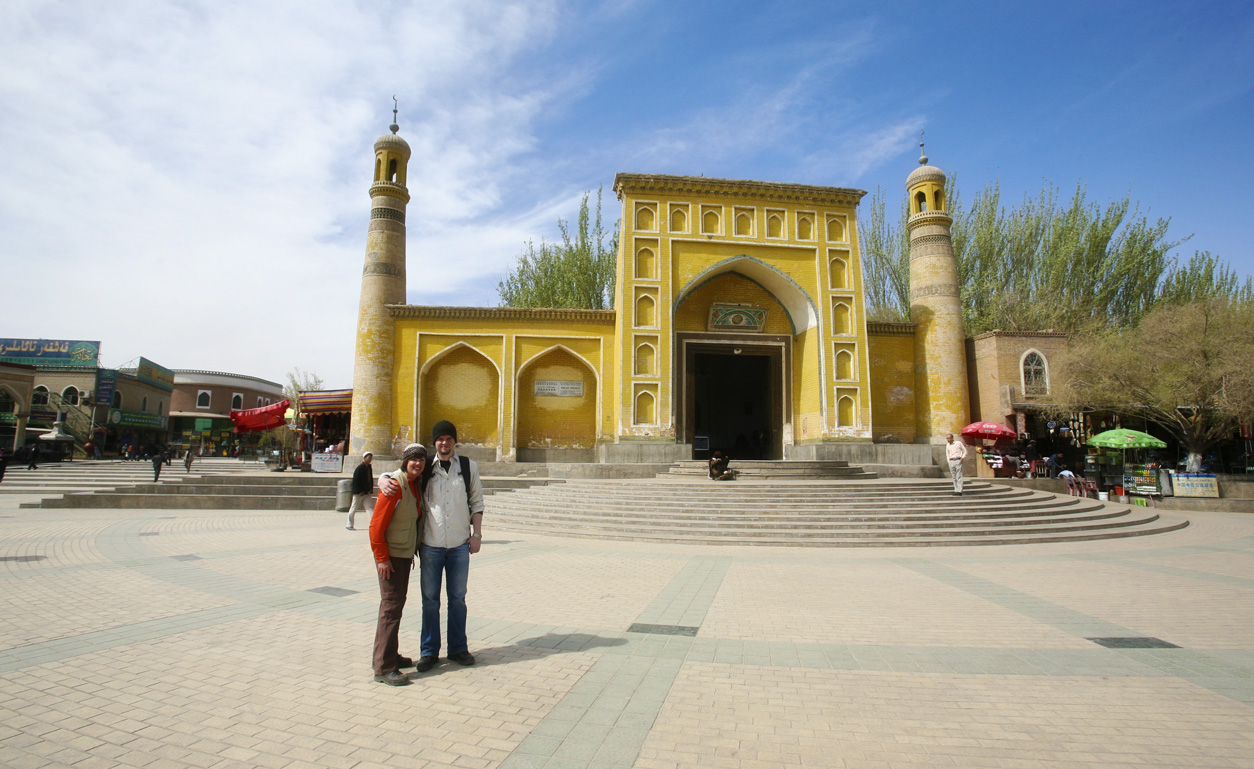
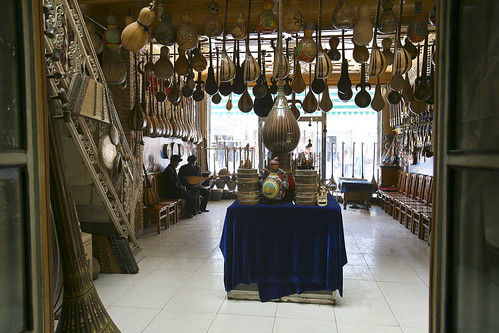

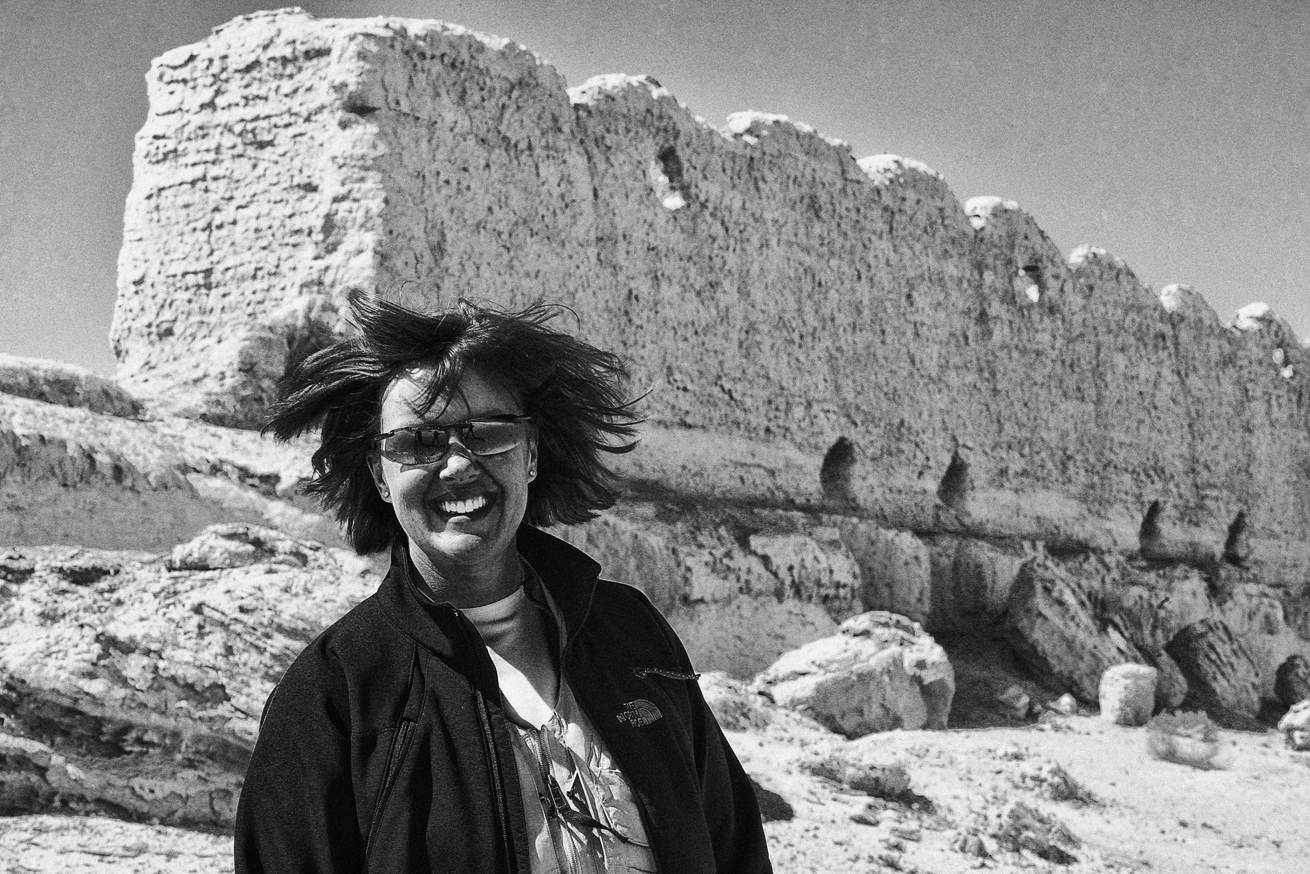
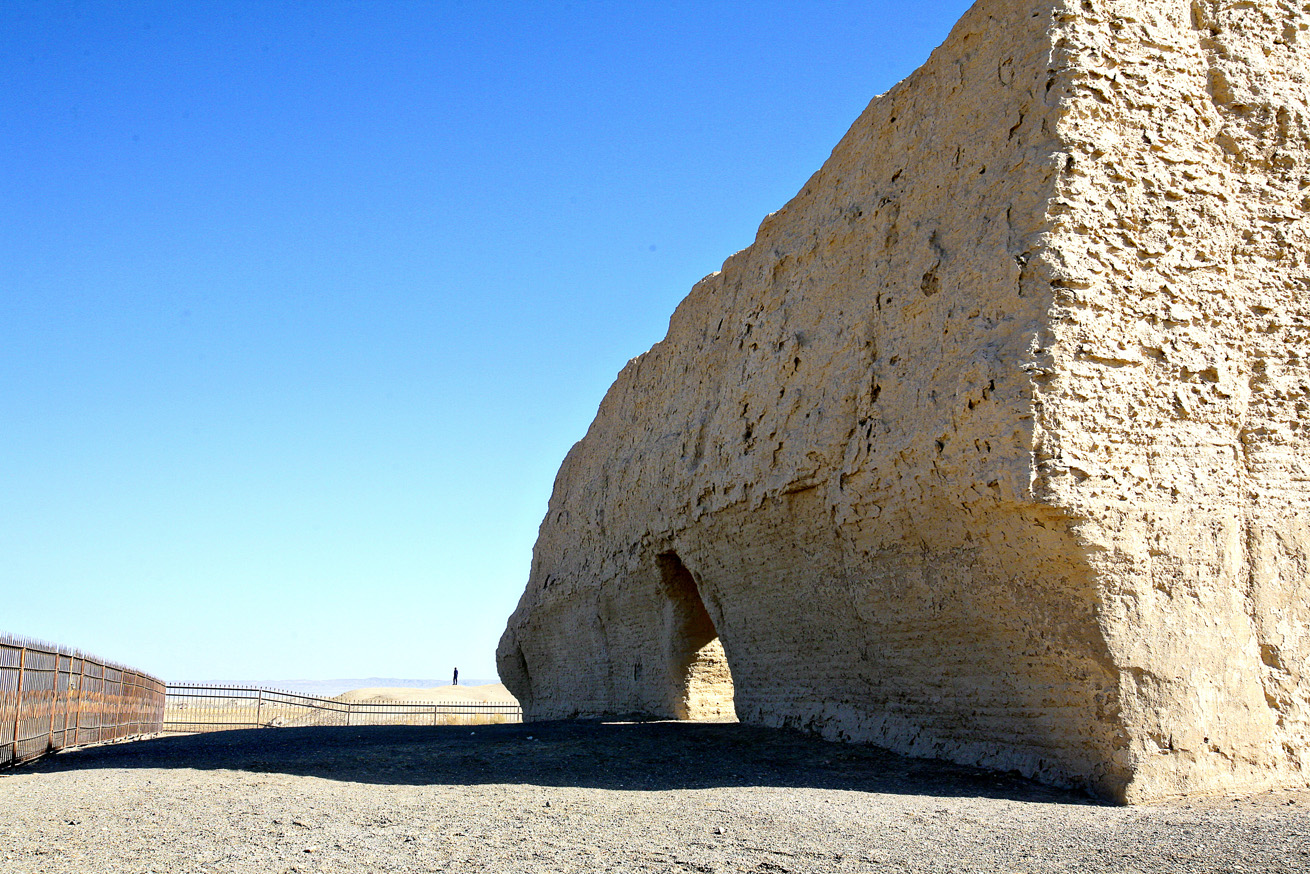
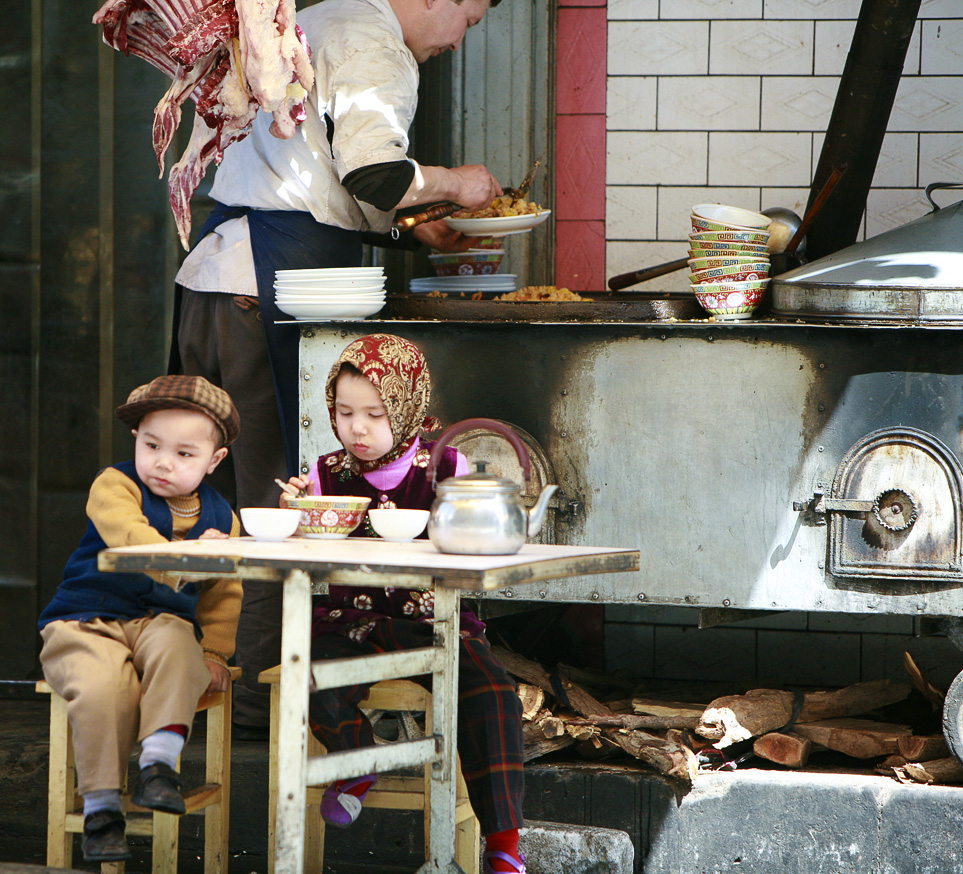
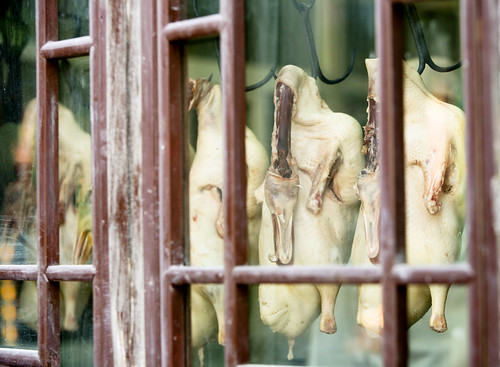
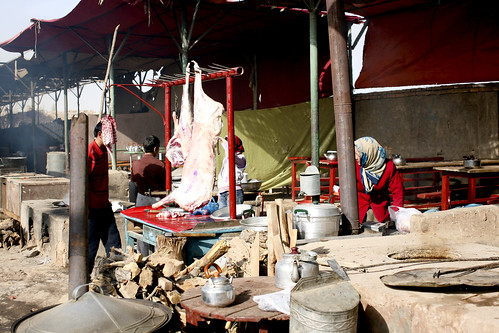
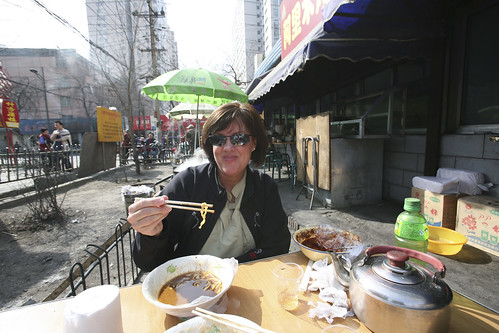
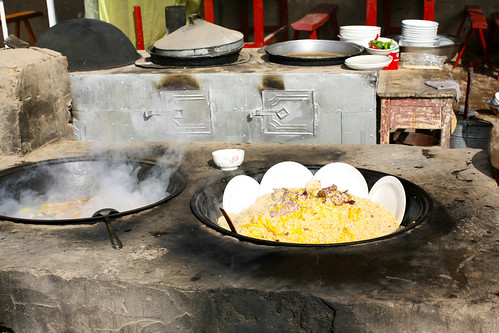
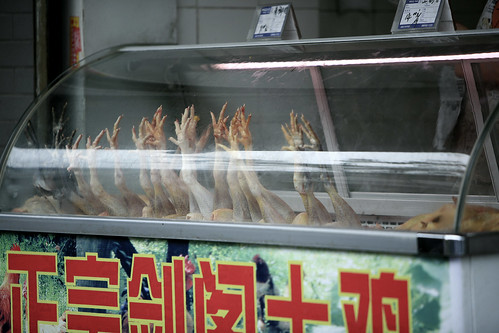
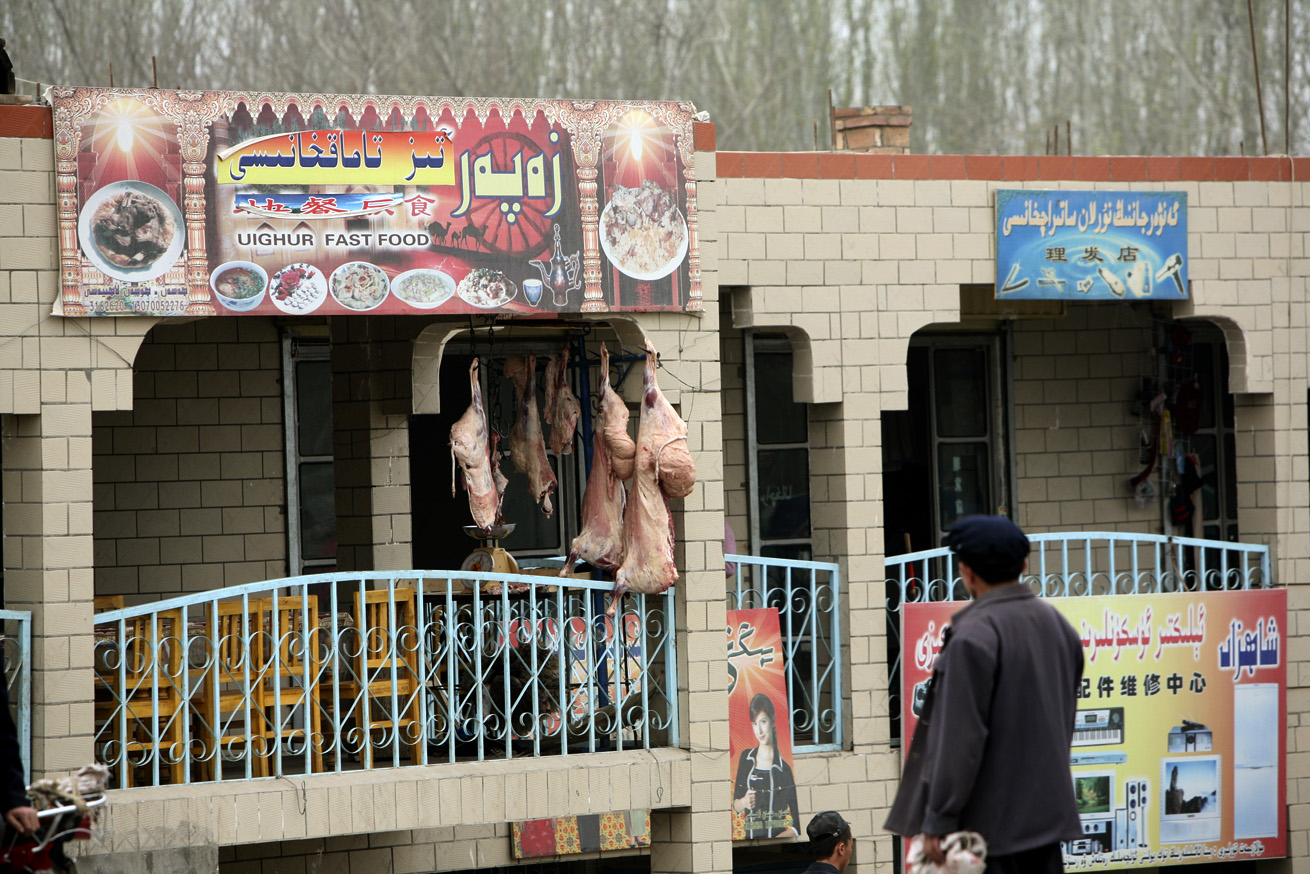
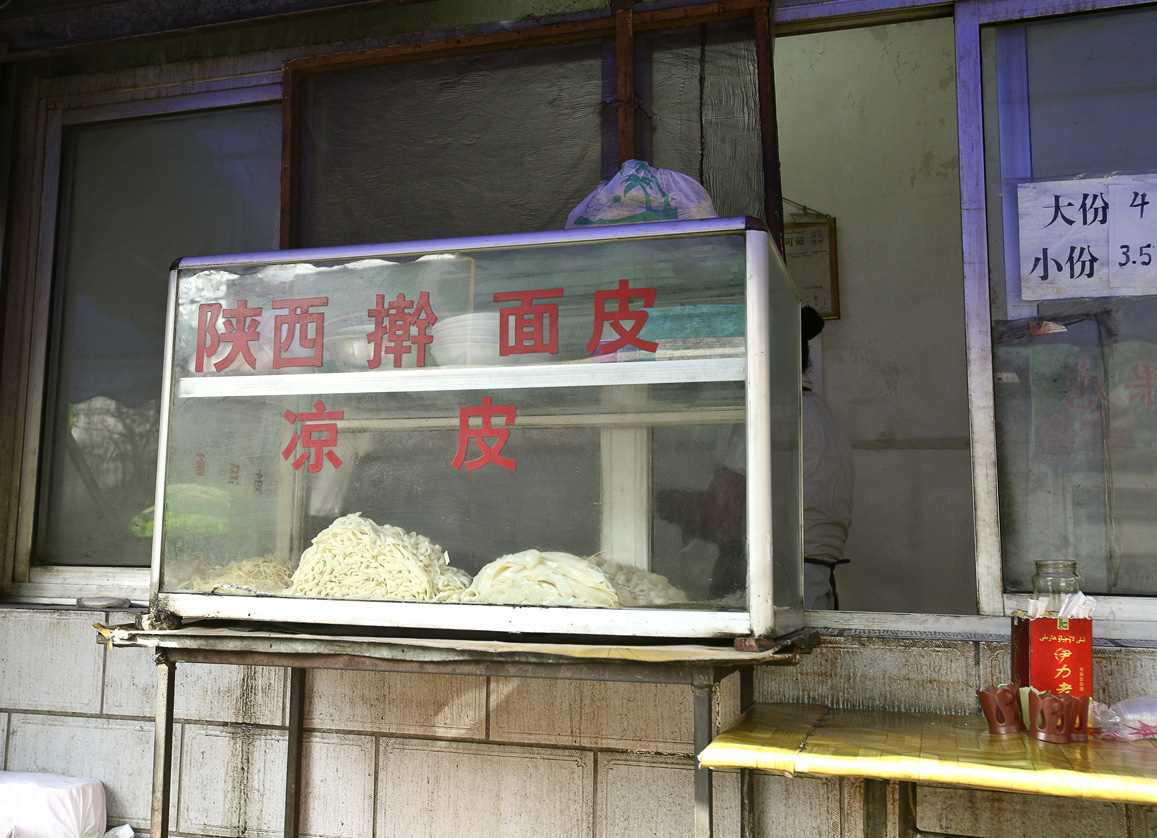
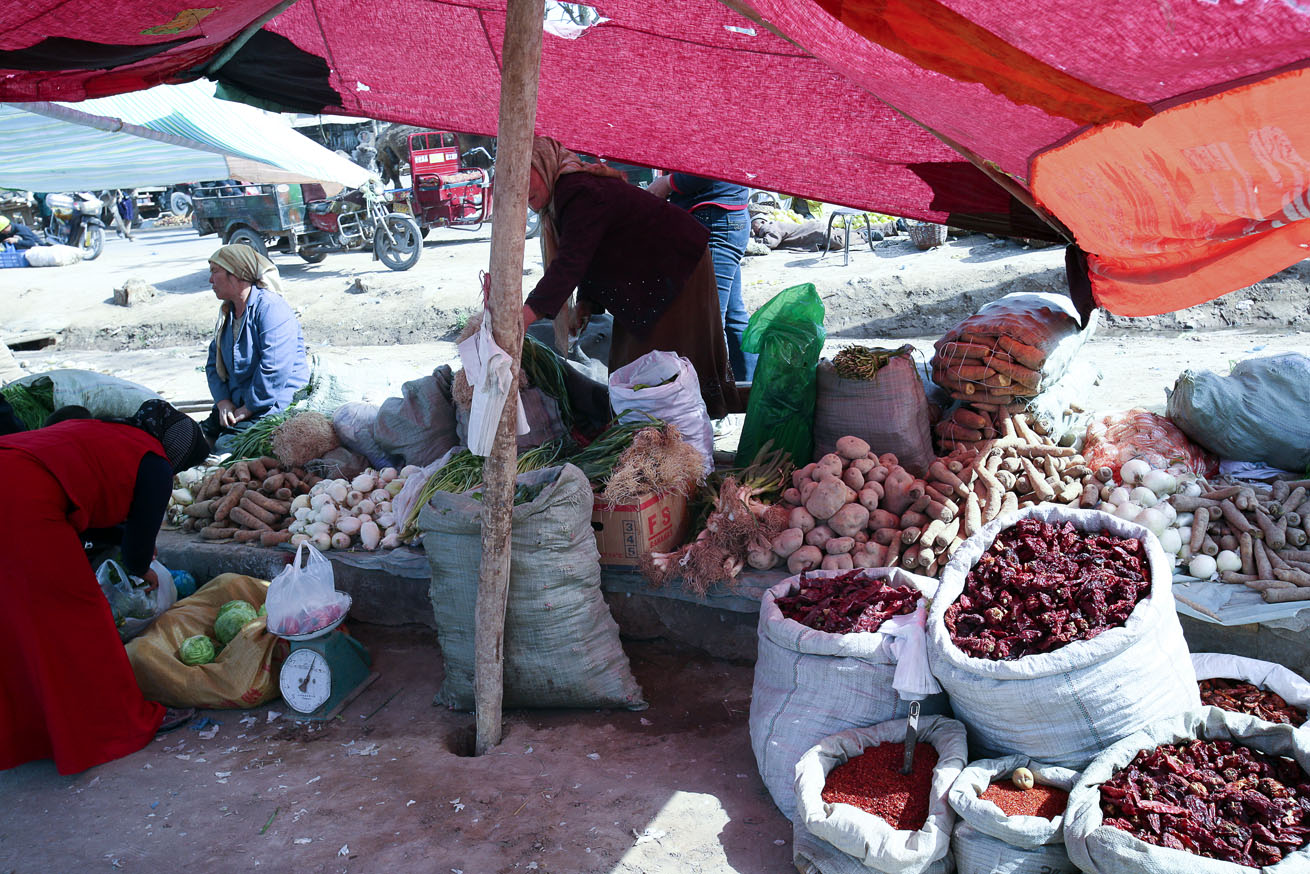
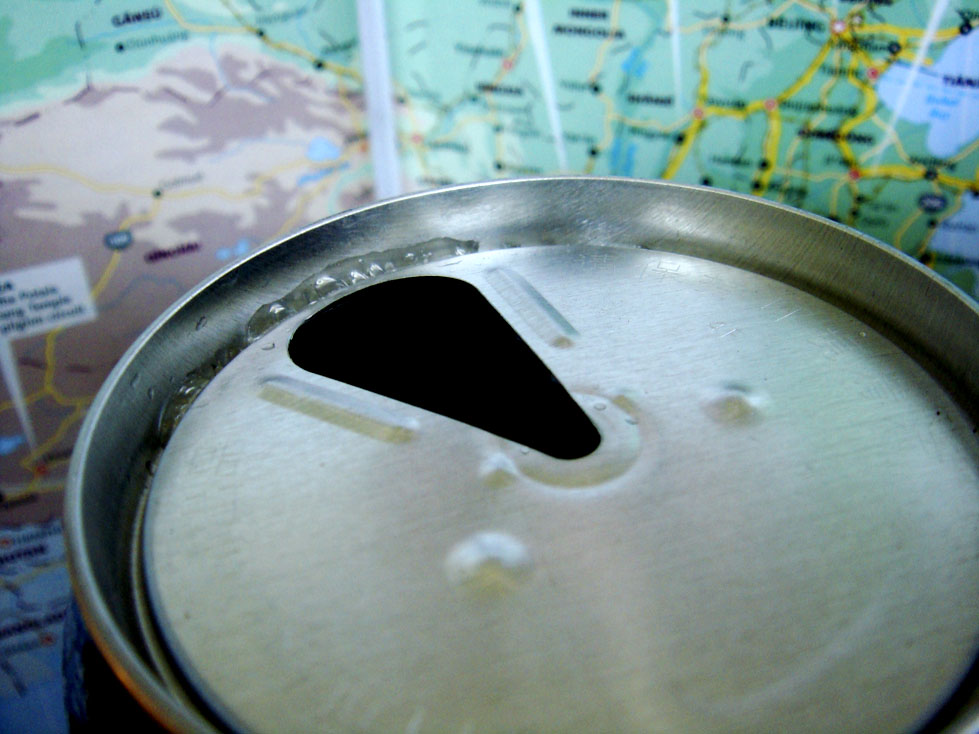
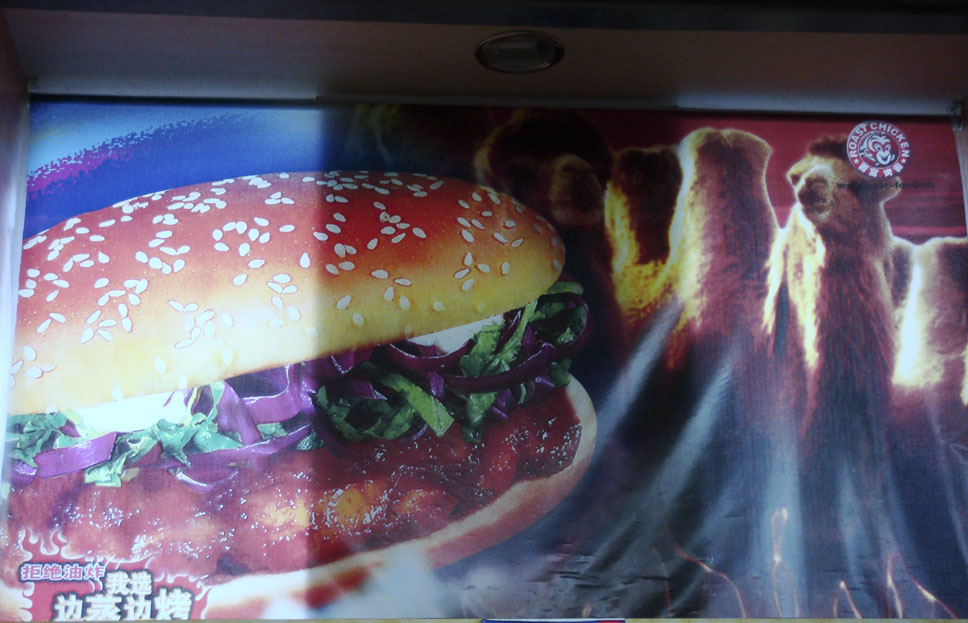
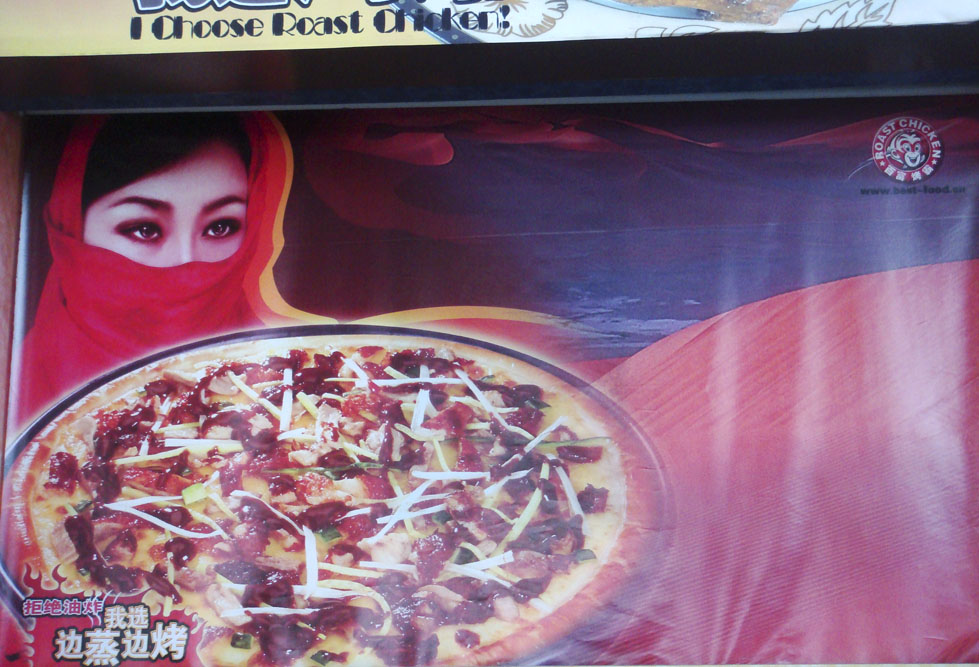
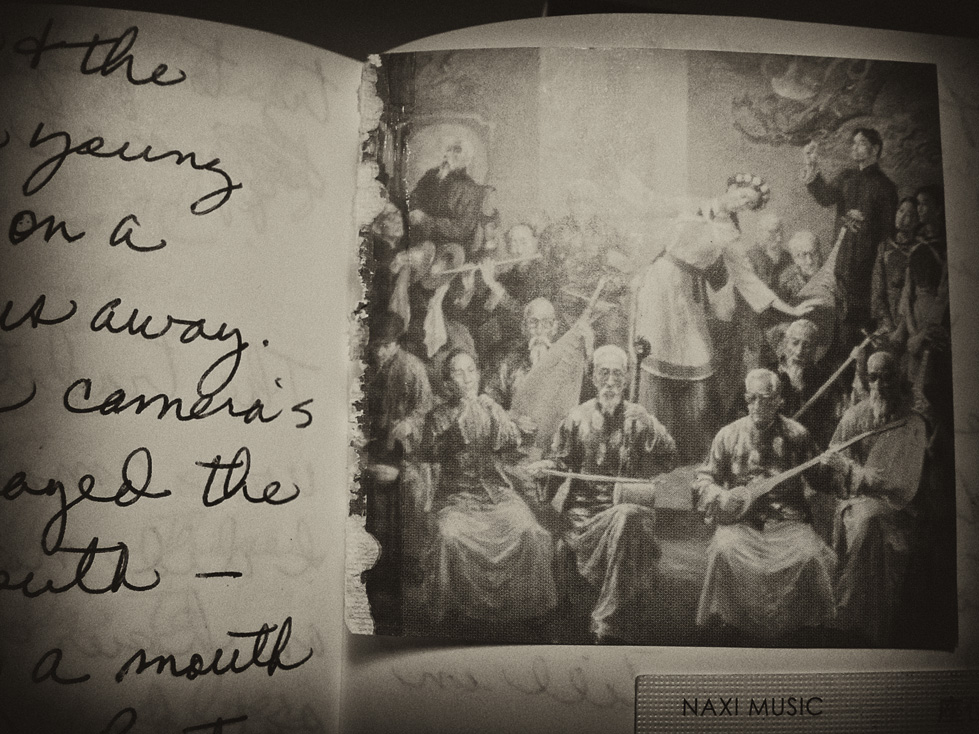
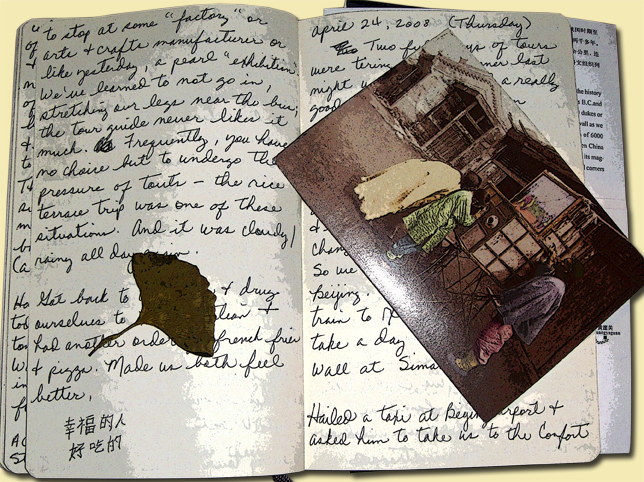
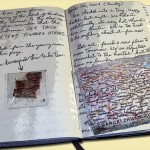
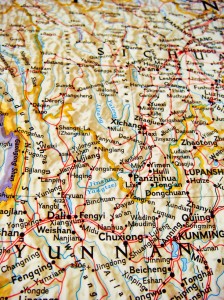
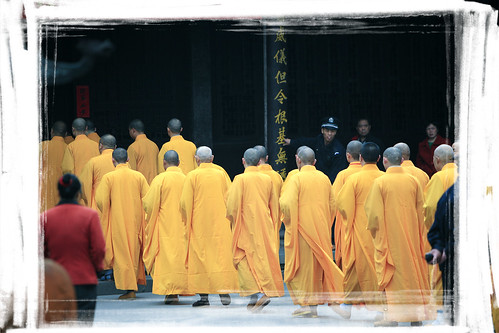
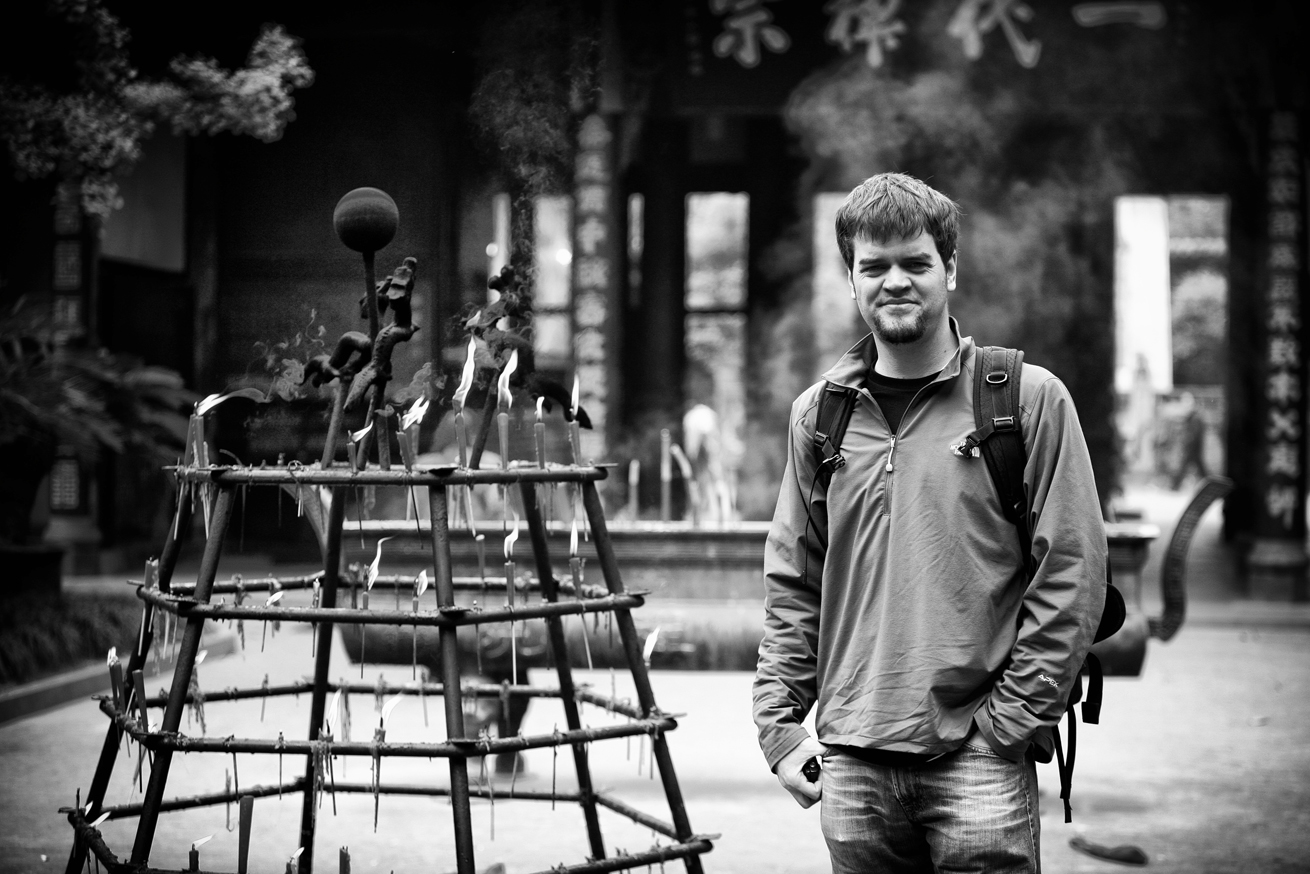
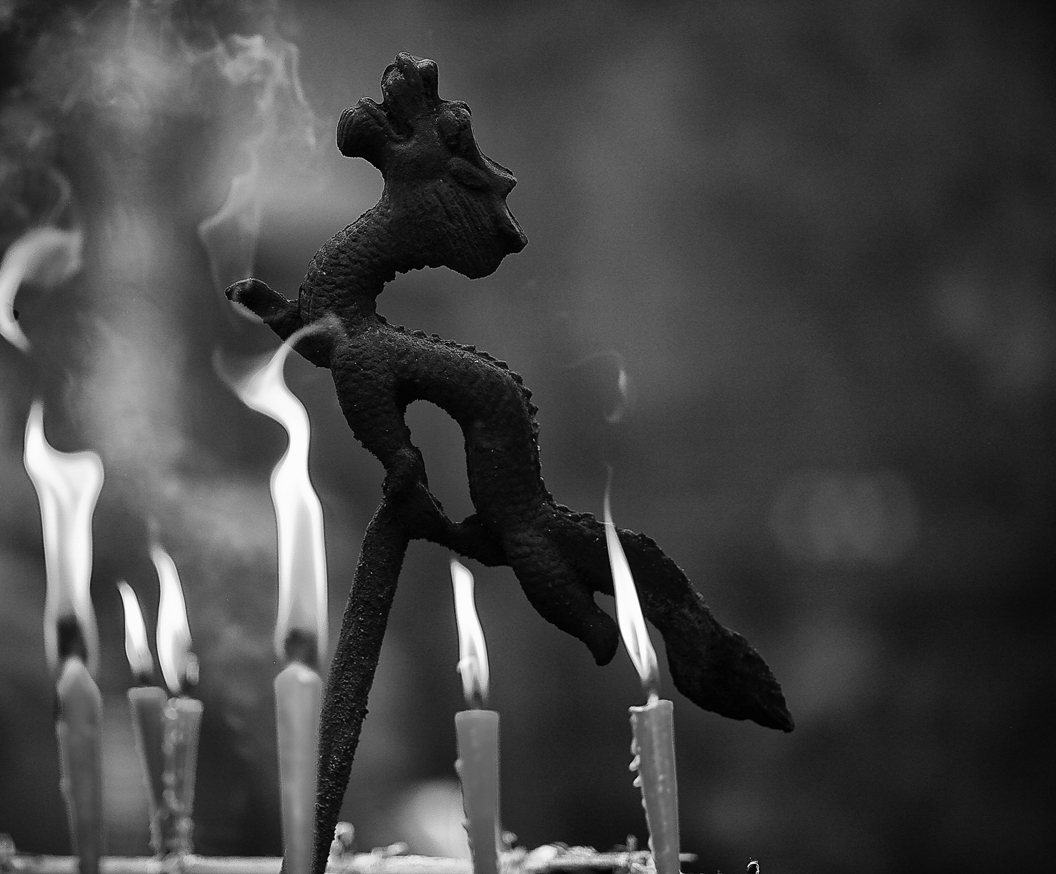


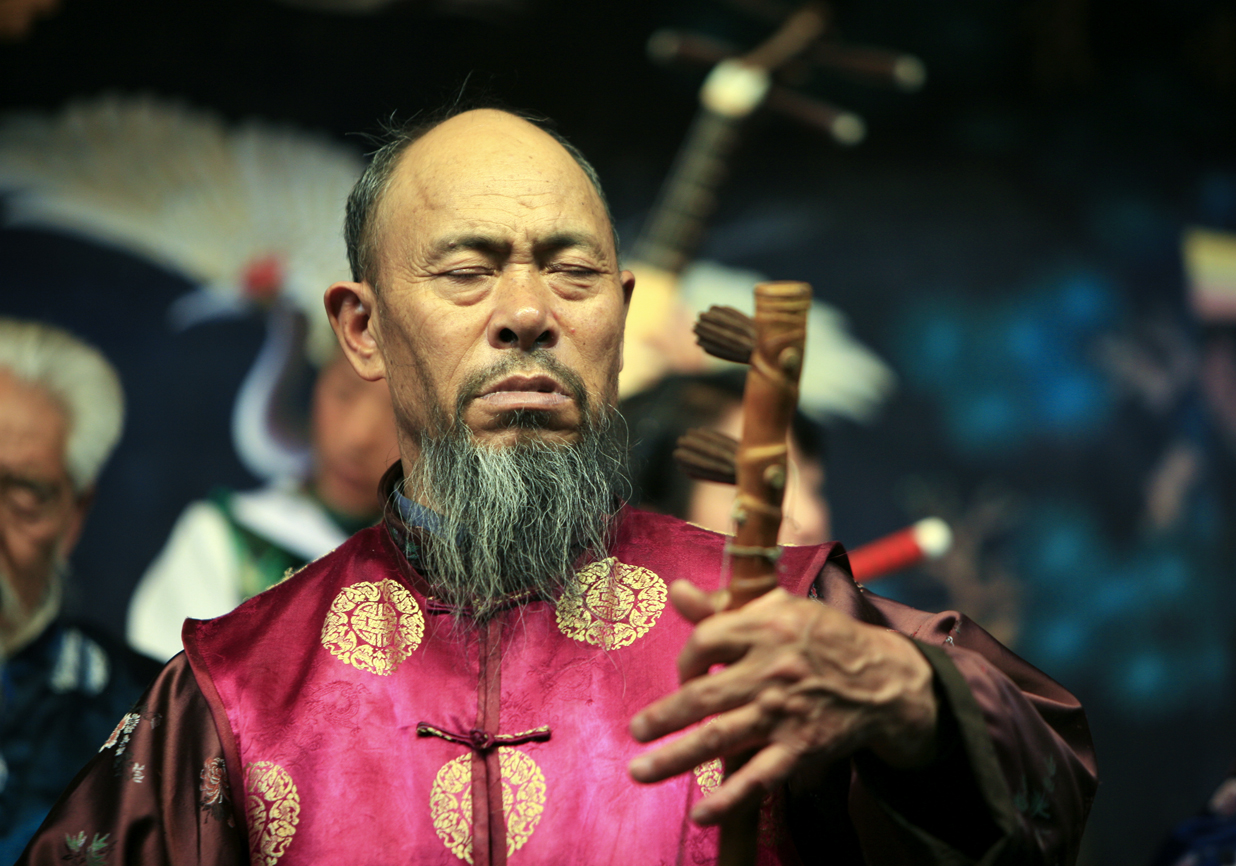
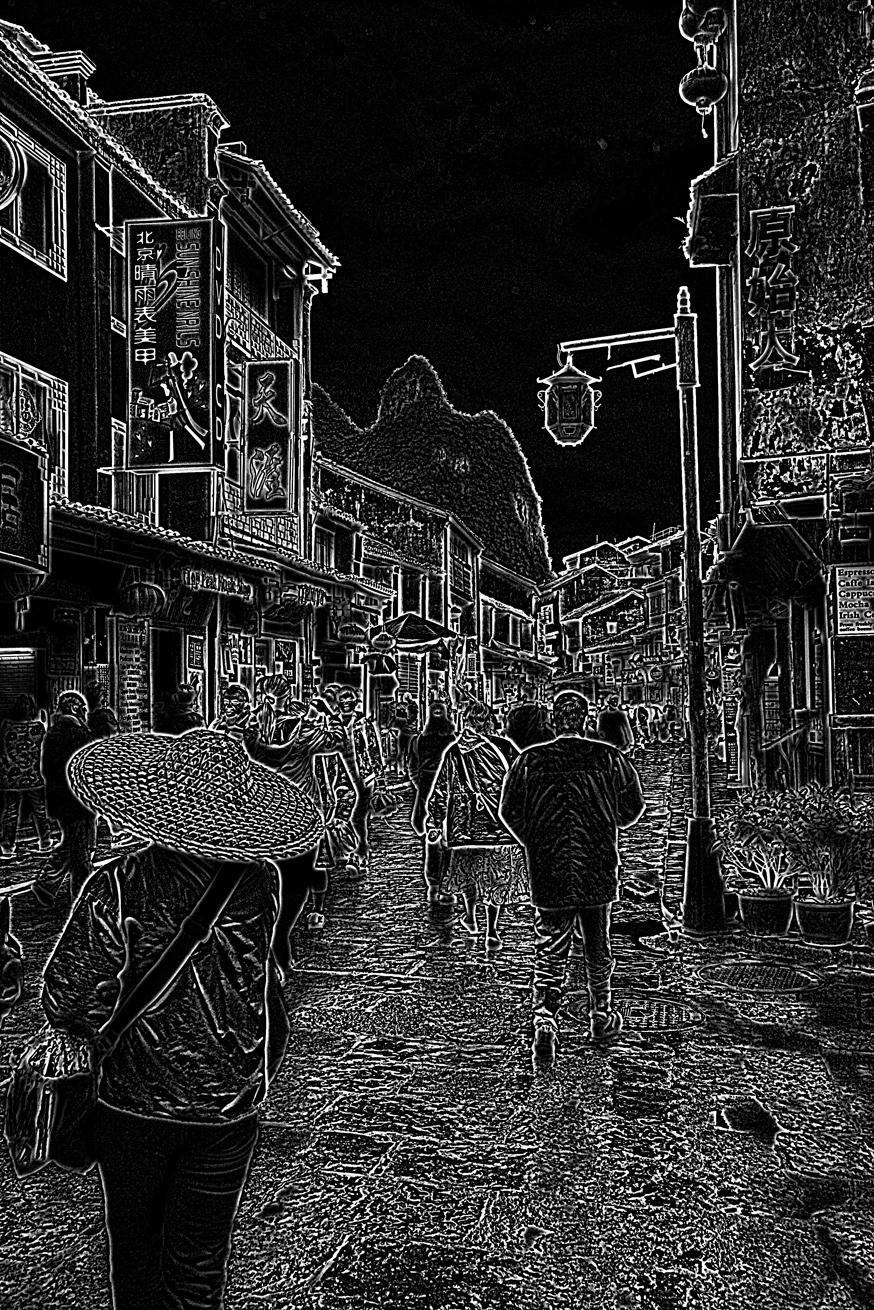
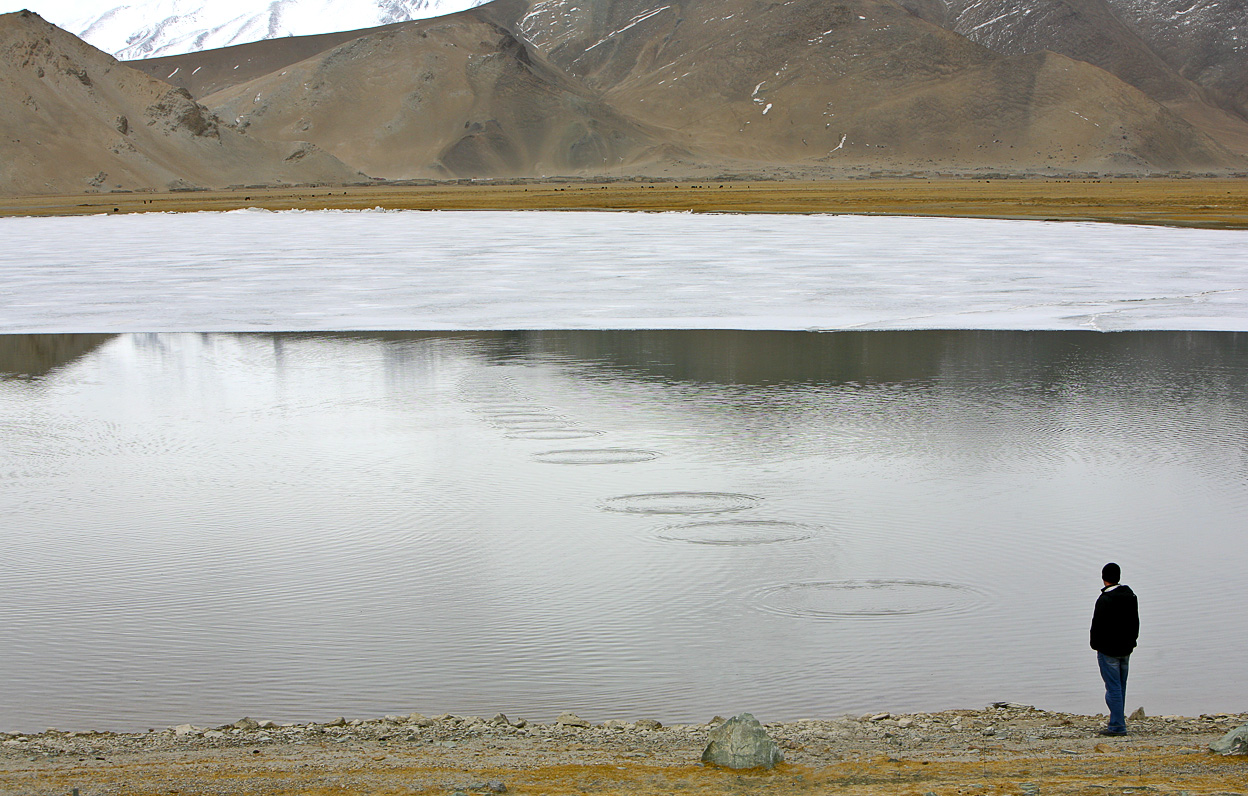

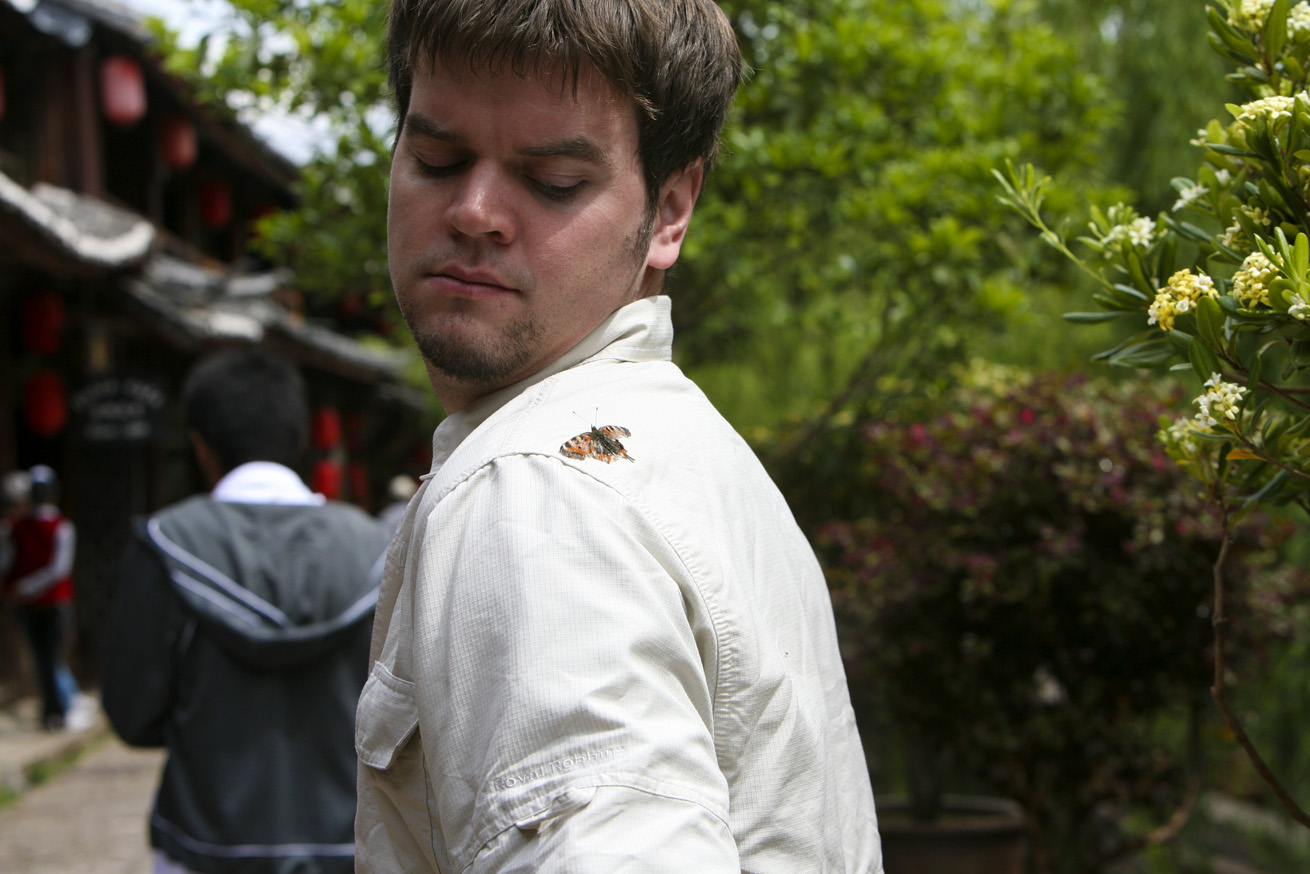
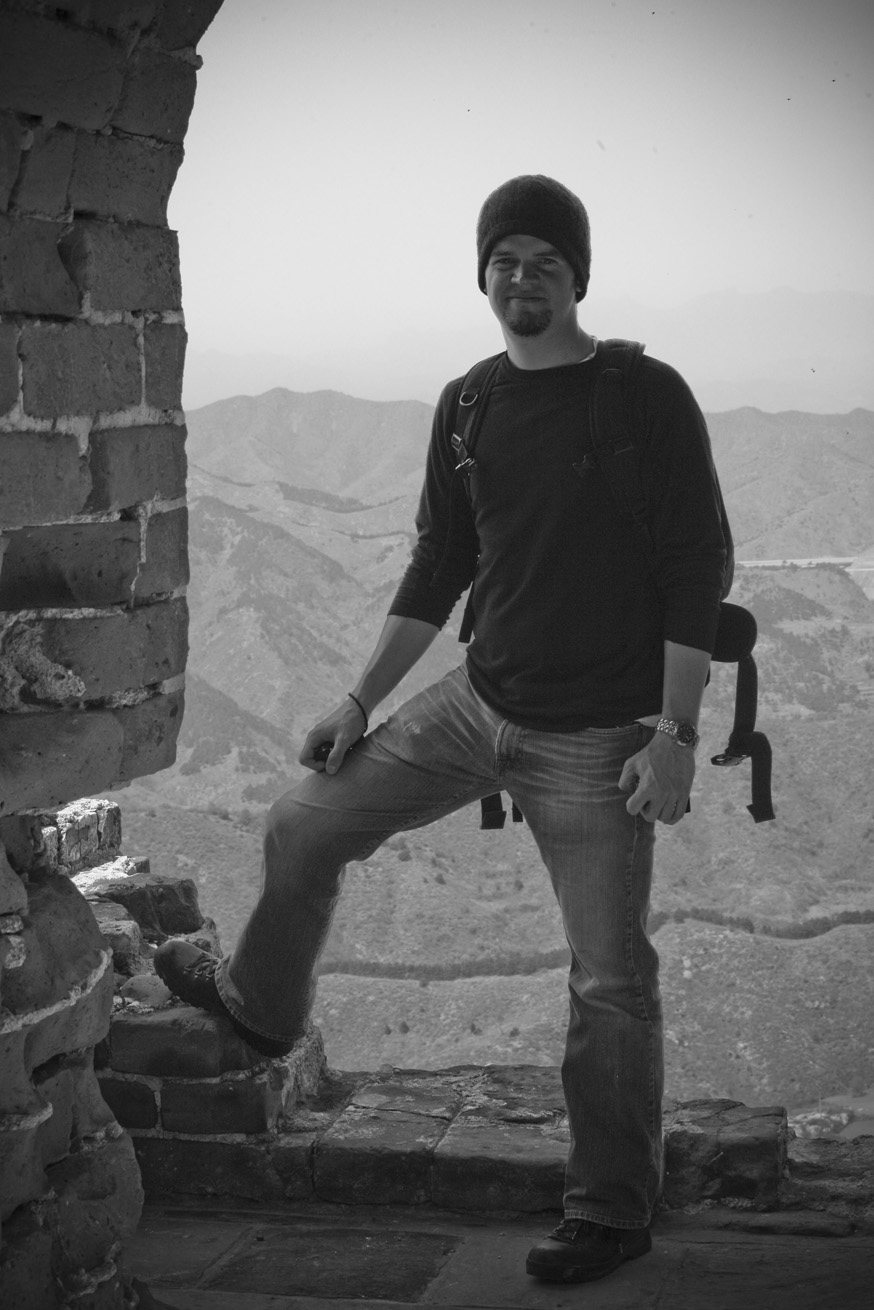
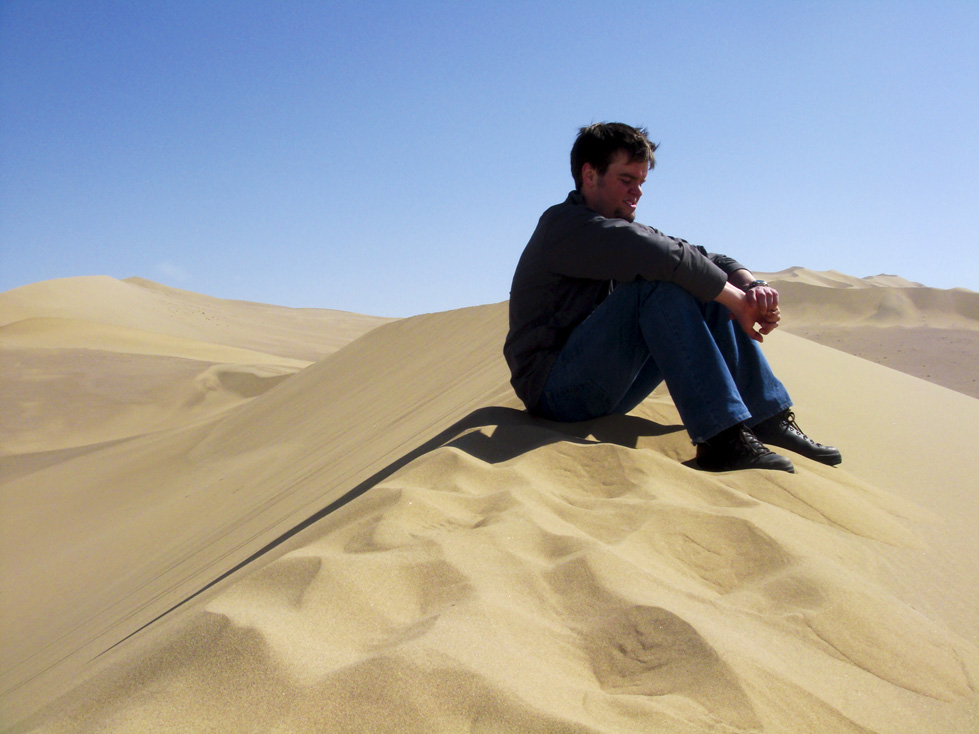
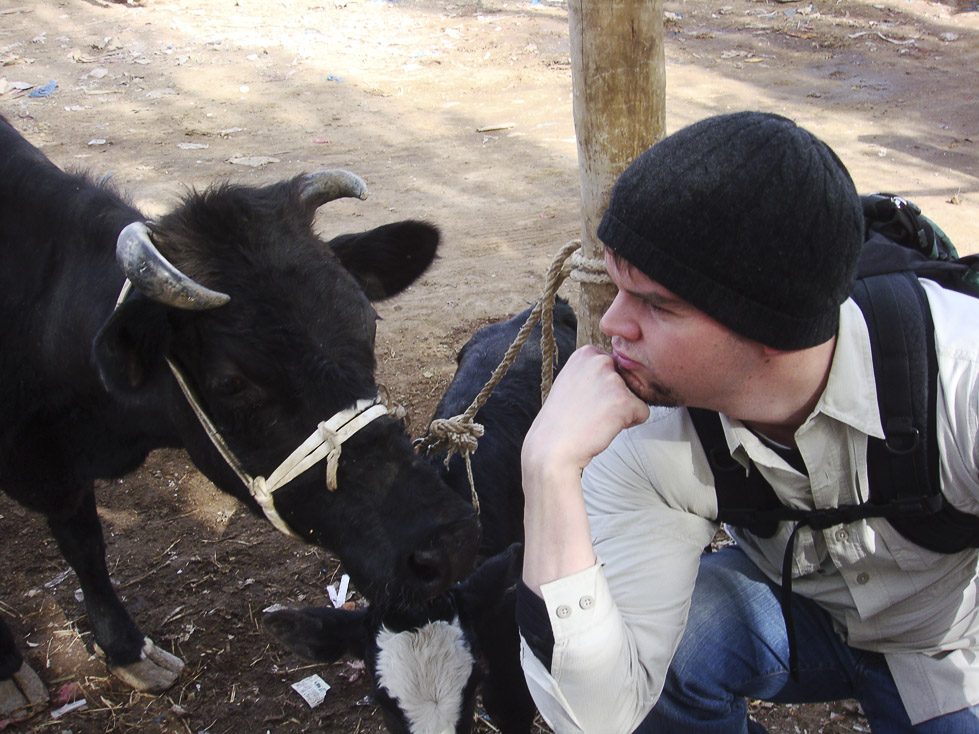
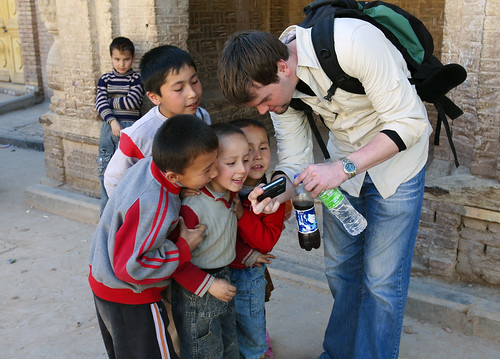
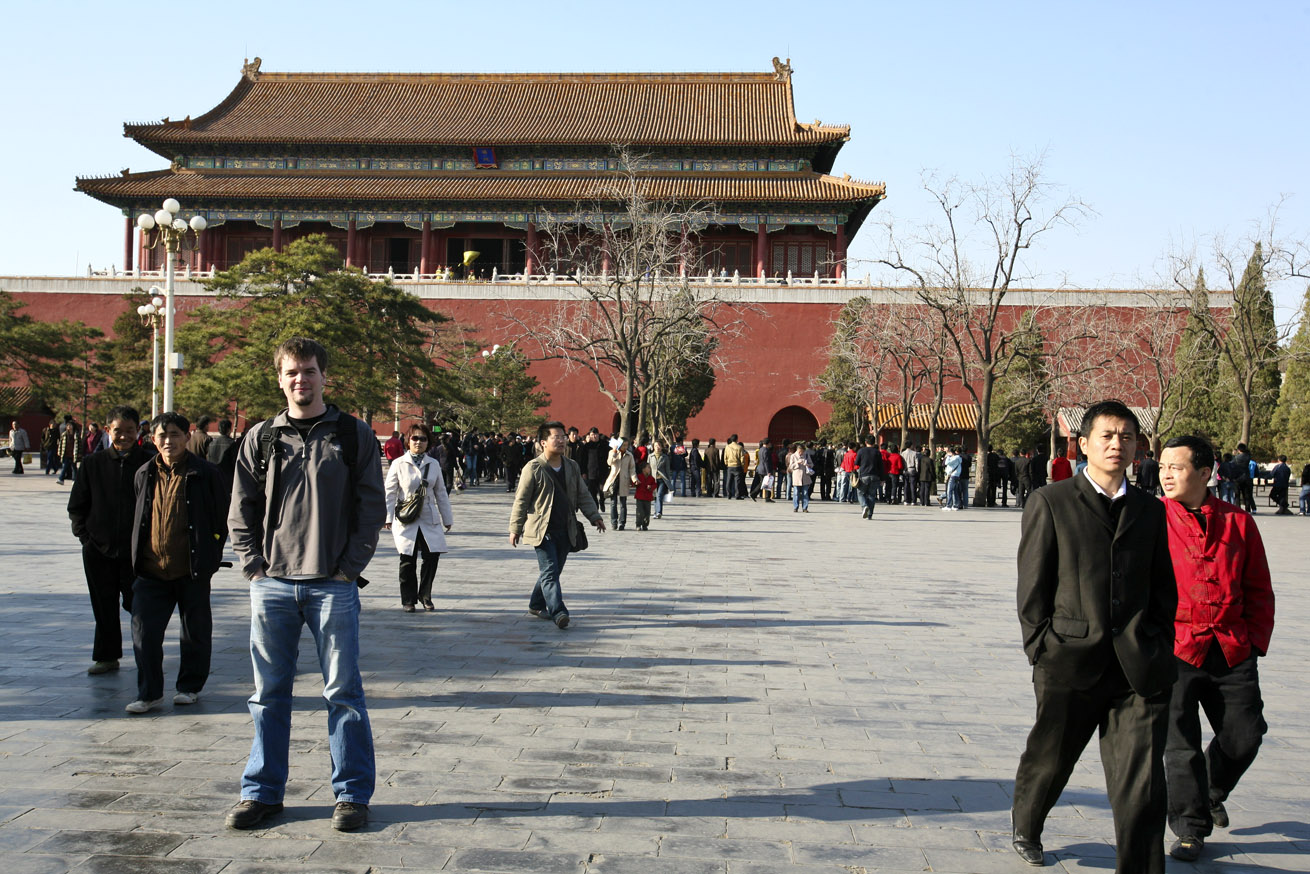
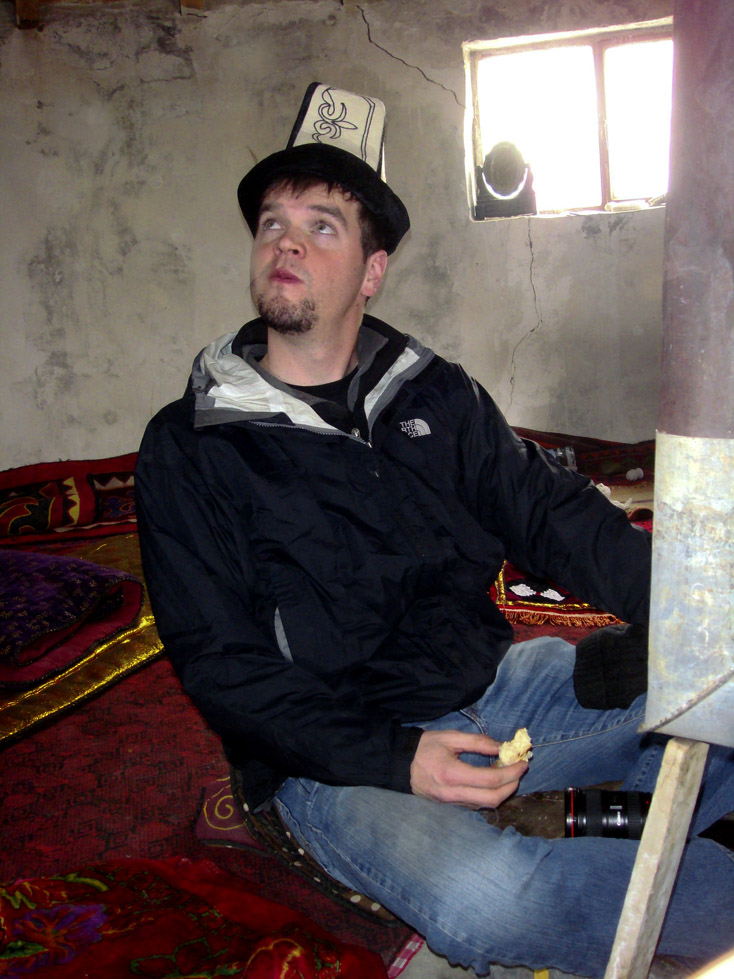
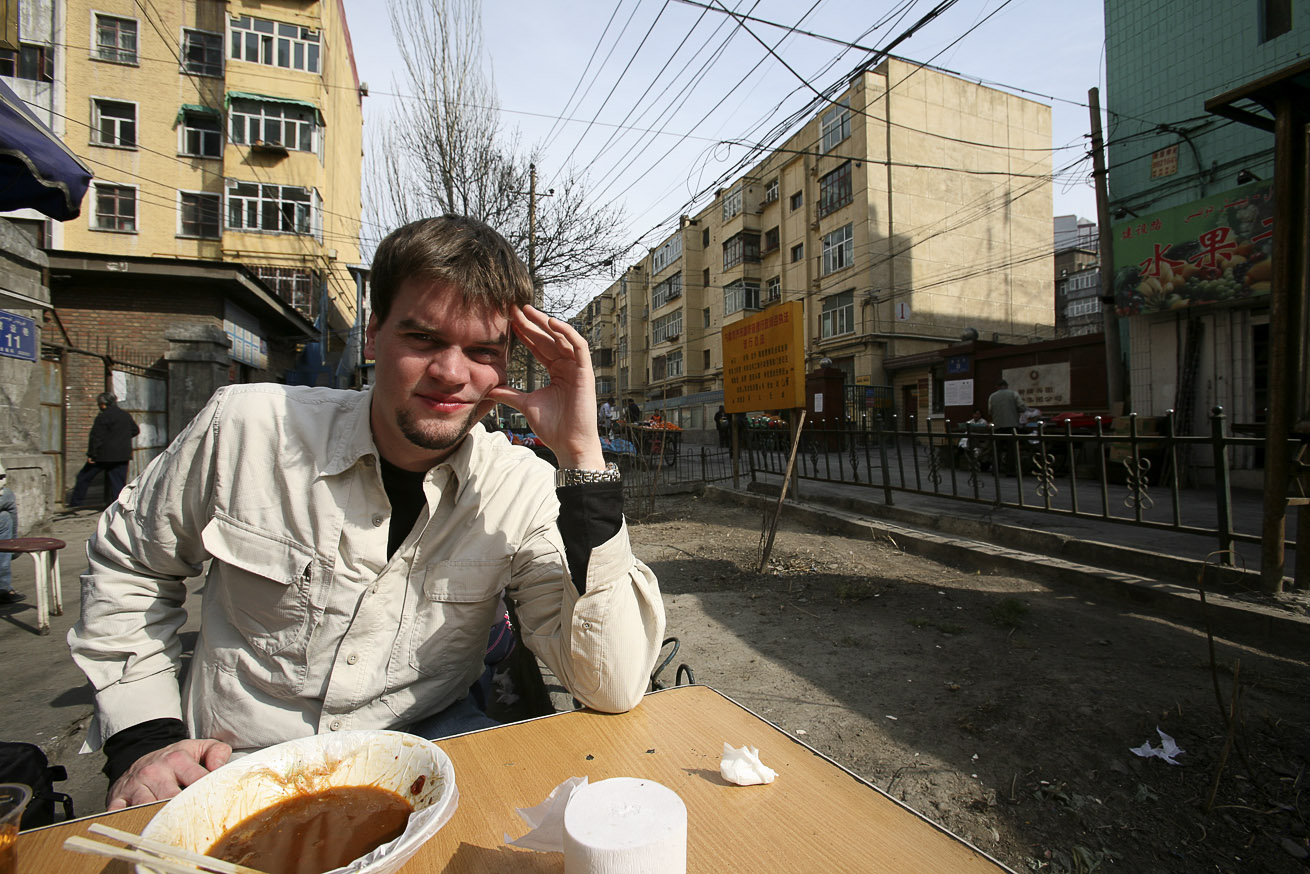
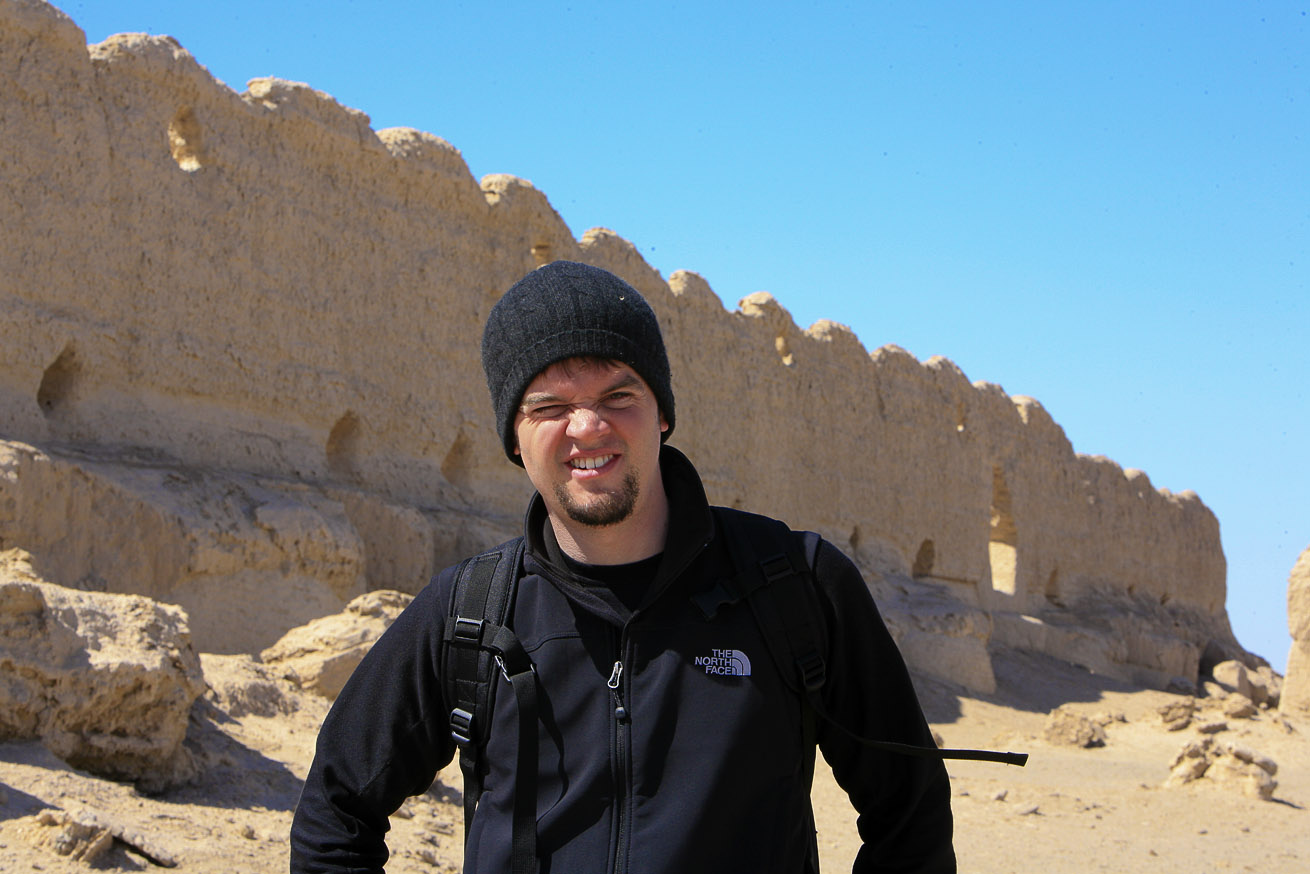

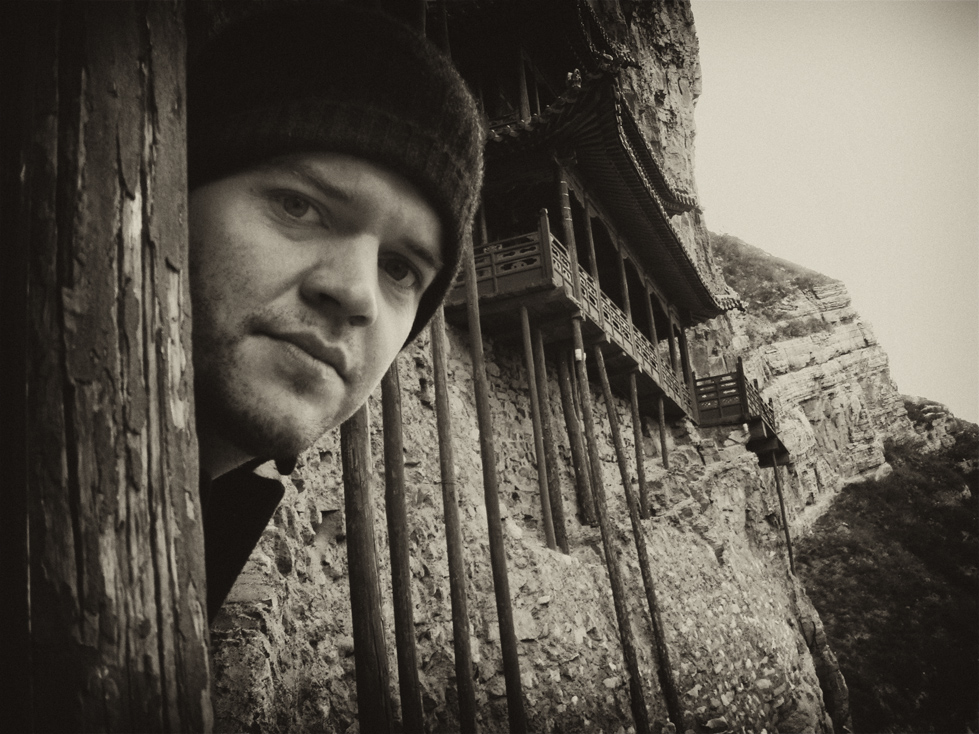
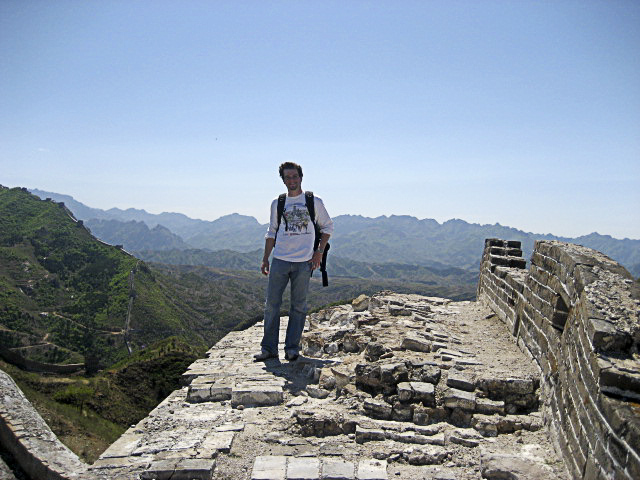
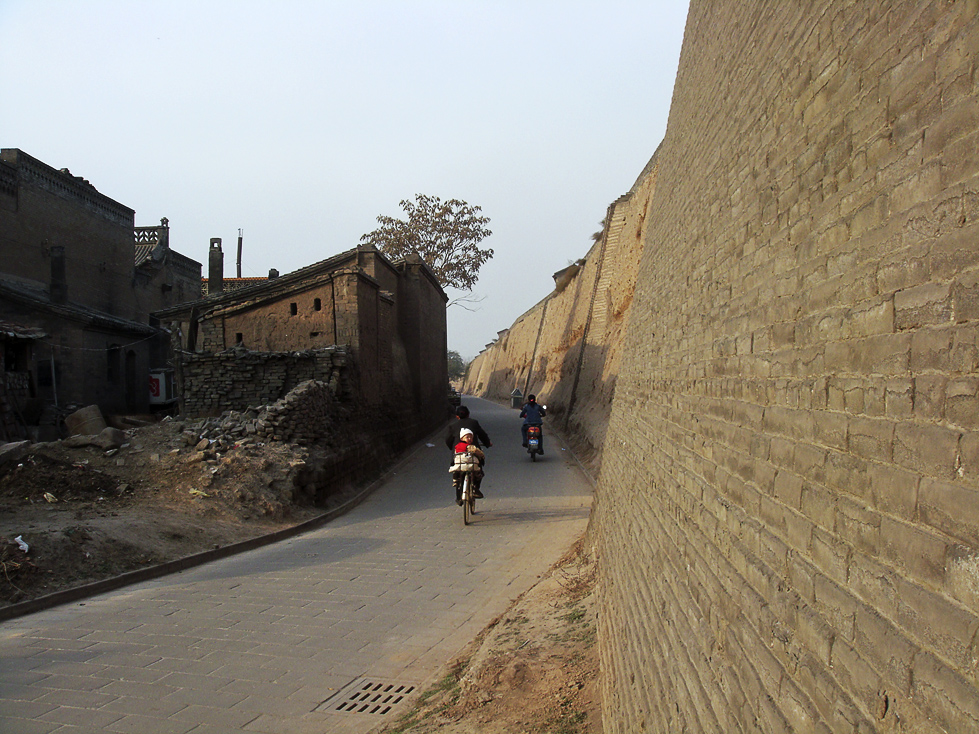
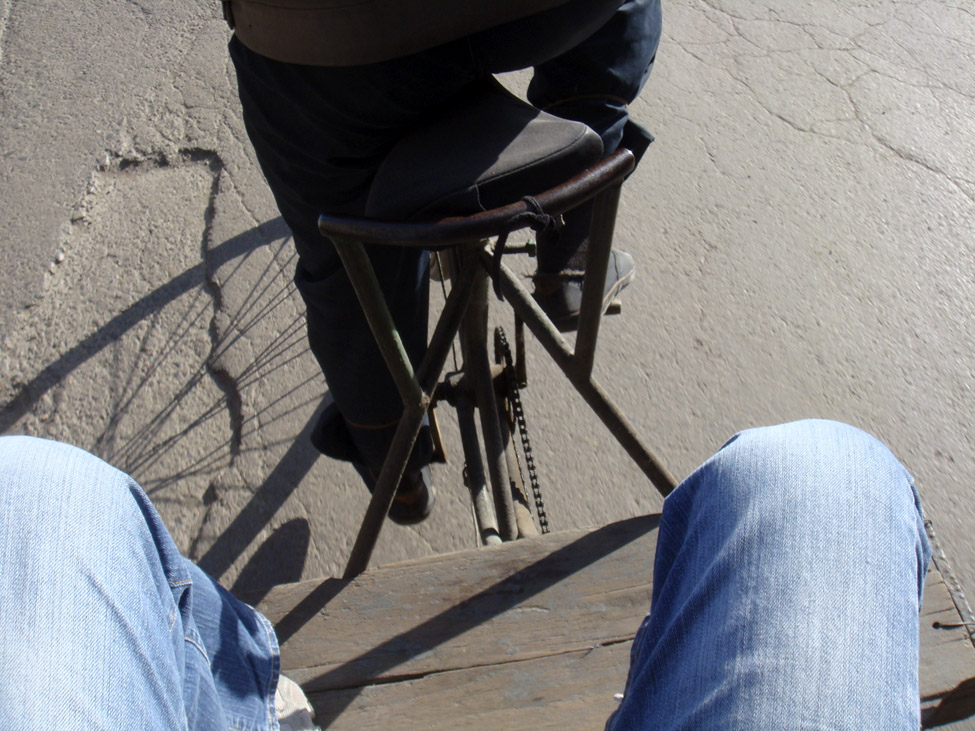
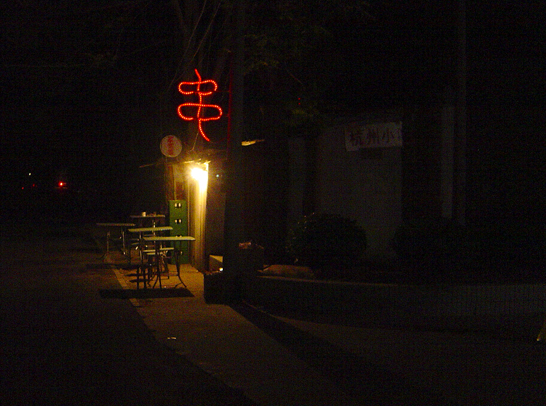
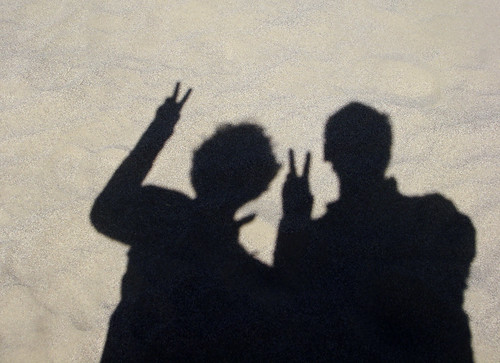

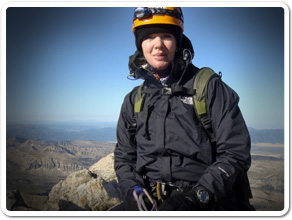
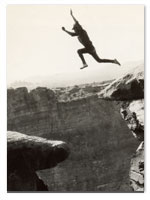 About SRT... I’m a traveler, writer and photographer for whom the open road frequently summons. Adventurous solo road trips are a staple for me, and a curiosity. So I created this website to share them and inspire you to step out and give them a try. Welcome!
About SRT... I’m a traveler, writer and photographer for whom the open road frequently summons. Adventurous solo road trips are a staple for me, and a curiosity. So I created this website to share them and inspire you to step out and give them a try. Welcome! 

Thanks for one’s marvelous posting! I truly enjoyed reading it, you’re a great author.
I will always bookmark your blog and will eventually come back down the road.
I want to encourage continue your great posts, have a nice weekend!
Comment by Wilmer — July 14, 2013 @ 11:12 pm
oh enriching experience send me mail up dates from yoursite
Comment by nilesh — May 21, 2013 @ 8:48 pm
i am from the philippines and i have been stranded in europe for quite some time. i seldom read travel narratives… yours was beautiful. now i have decided to find a way to be able to travel again…
thanks for the inspiration
Comment by Jun — April 27, 2012 @ 2:33 pm
Hi tammie,
I’m Pearly from Singapore.
I came across this blog of yours incidentally, and it must be one of the most beautiful travel recount i’ve ever read. I may be heading to xinjiang for a backpacking trip too, and will like to ask you more questions about your journey!
Please contact me at
[email protected].Many thanks and hope to hear from you soon 🙂
Comment by Pearl — June 7, 2011 @ 6:42 am
Team Rosalie…
I love Team Edward but I love Team Rosalie more!!!…
Trackback by Team Rosalie — August 15, 2010 @ 6:20 pm
Extraordinary work of coverage of a travel. All the best for your future trips.
Comment by Backeer Maideen — March 20, 2010 @ 10:57 am
Tammie,
You are my idol! I’m so inspired by your work and courage. I hope my son grows up as passionate and fearless as yours. The photos are stupendous and speaks to the power of the image. They also speak to your abilities as a photographer to capture the essence of the moment.
May your future SRTs be full of adventure and peace.
Namaste,
Susan
Comment by Susan Cummings — July 18, 2009 @ 12:49 pm
Tammie, brilliant writing as always, and the accompanying images spectacular, as I said in another comment I feel like I have traveled with you on this journey, I like that, in fact I like that a lot……thanks my friend you are genius!!
Comment by Ken Yuel — March 14, 2009 @ 1:35 pm